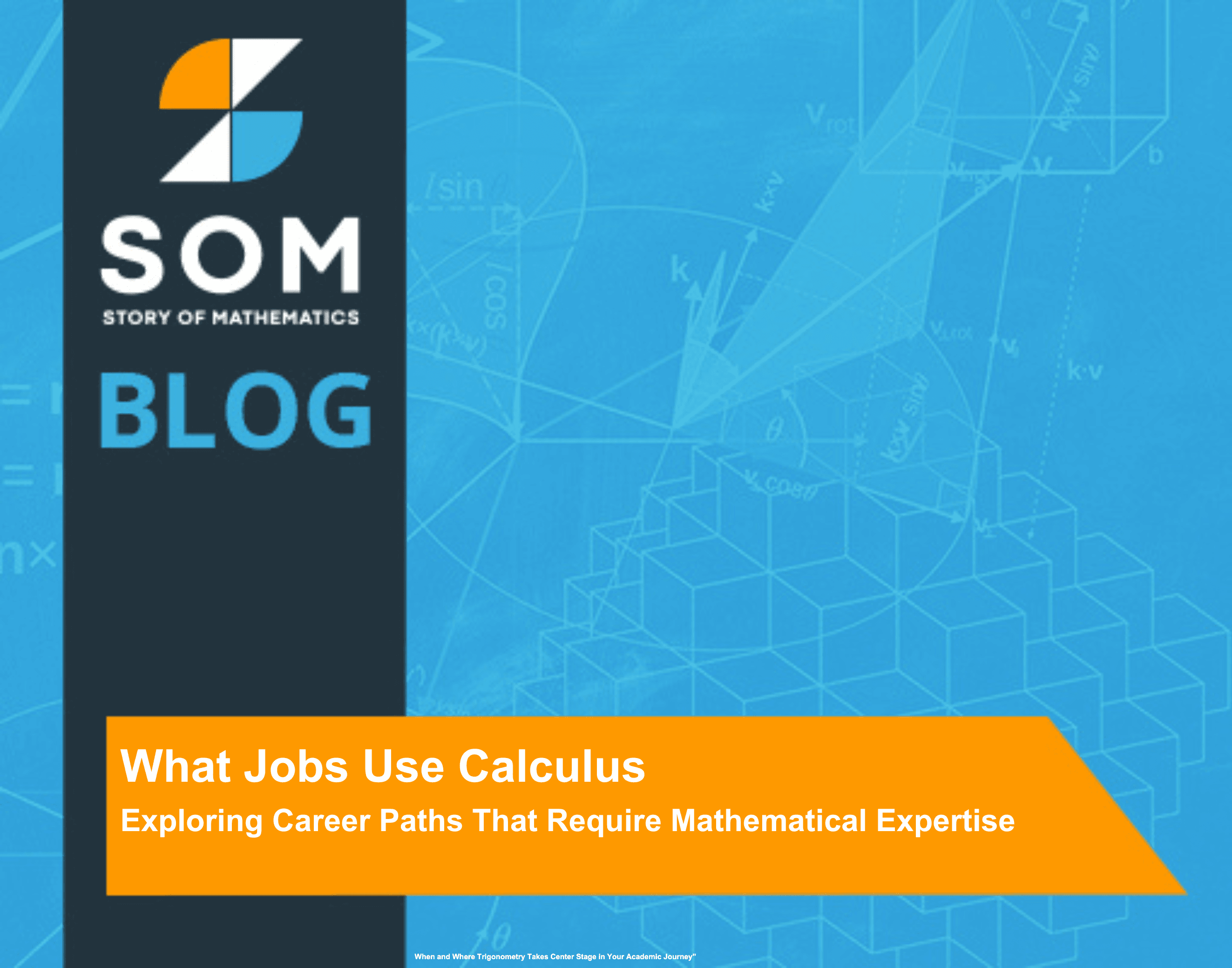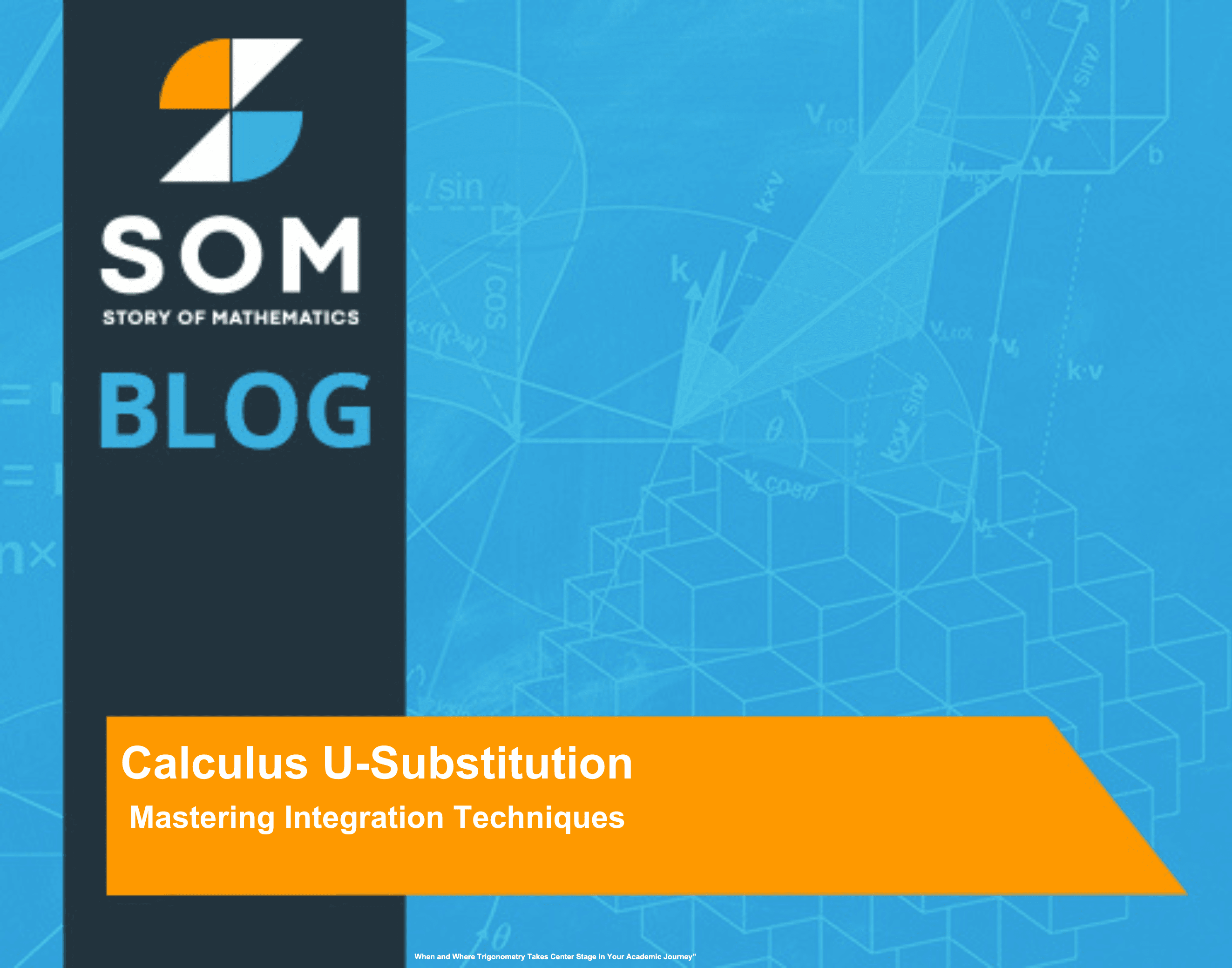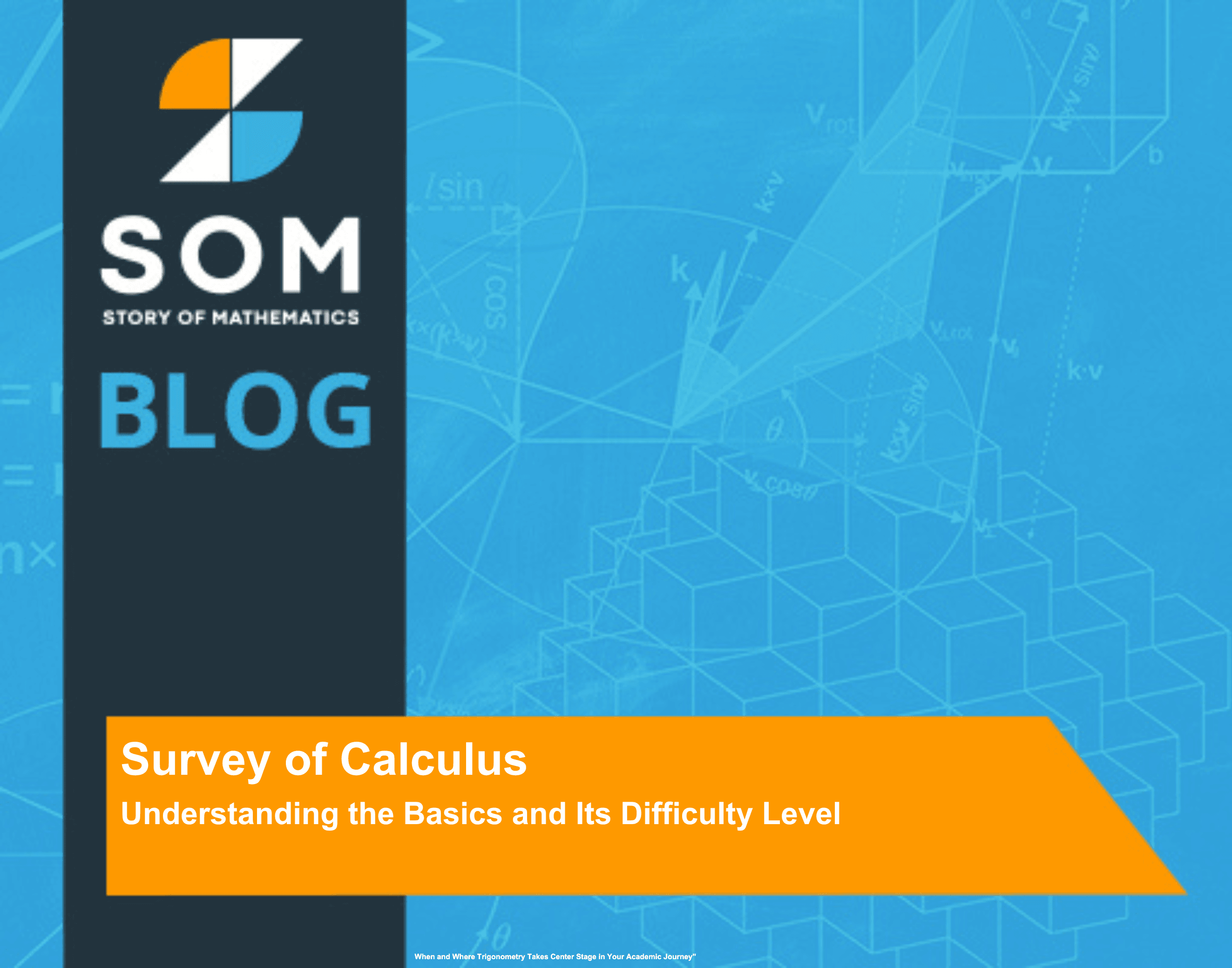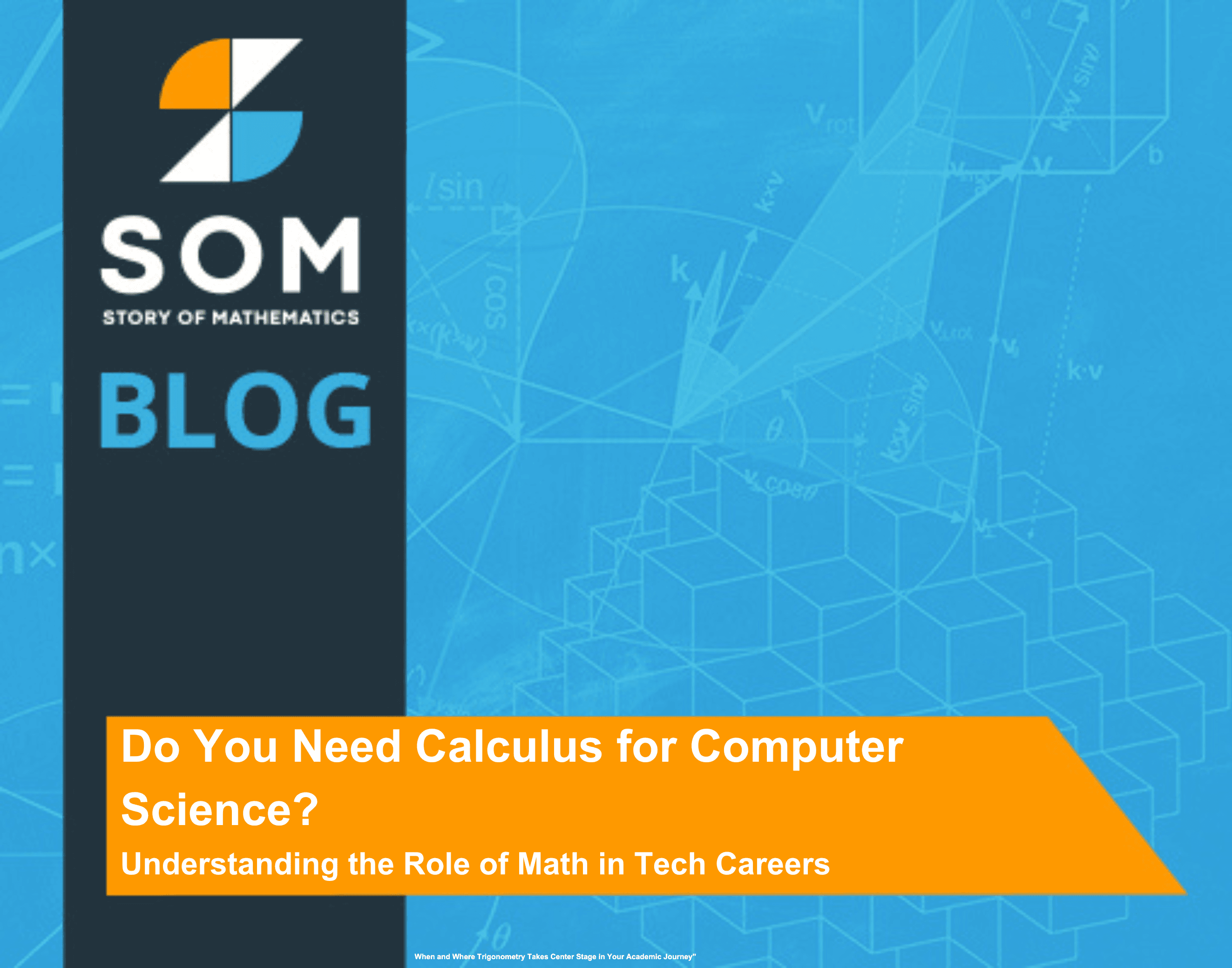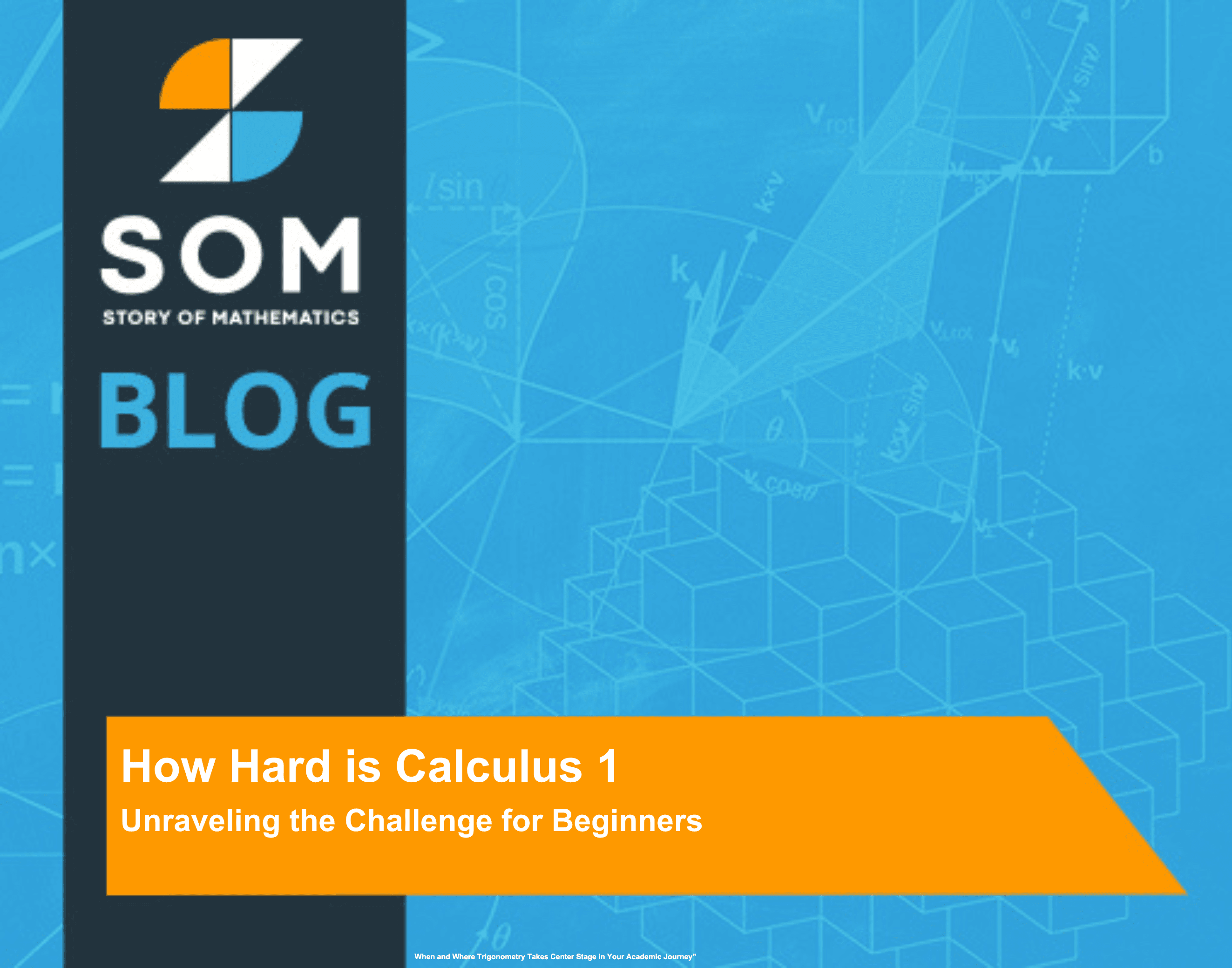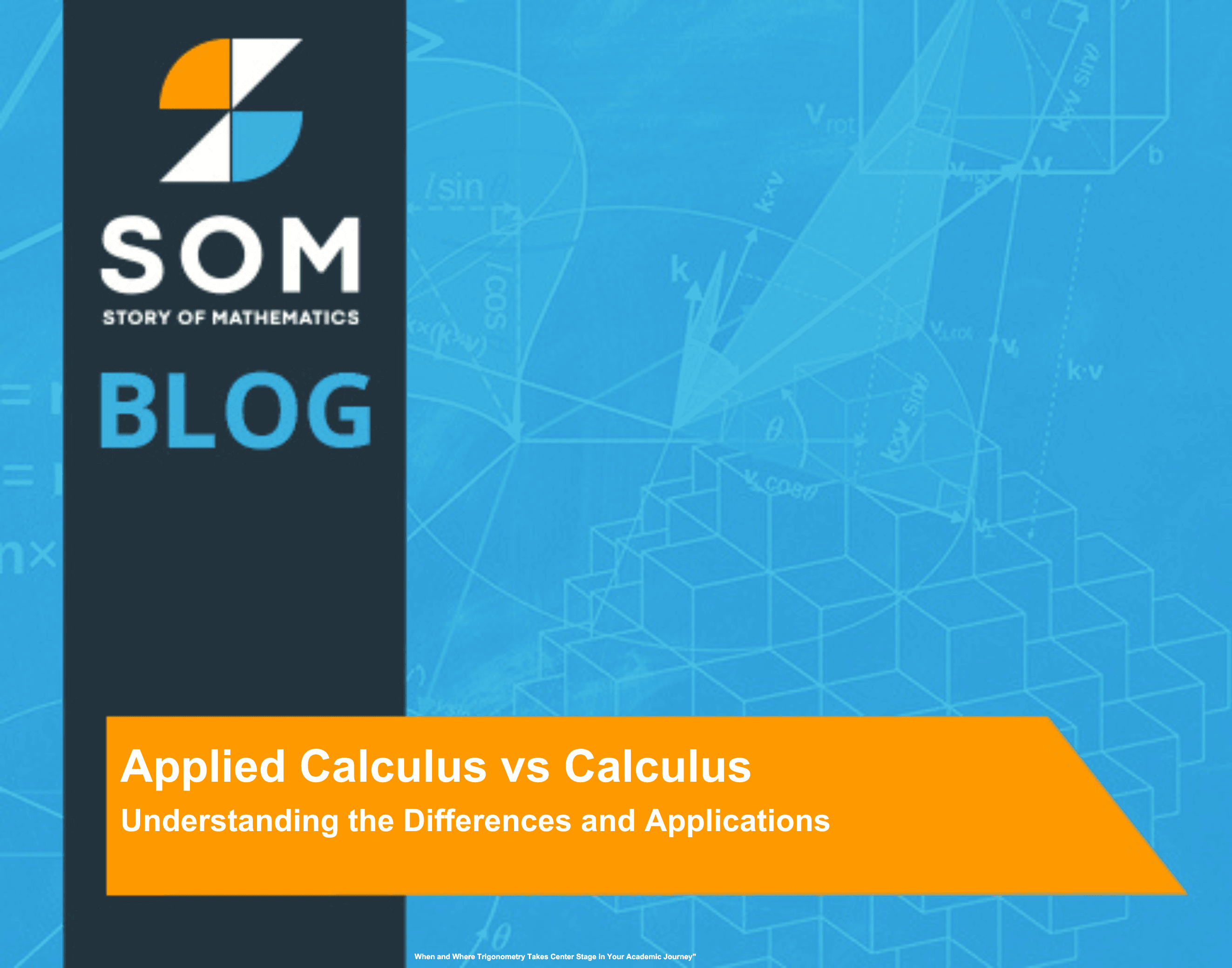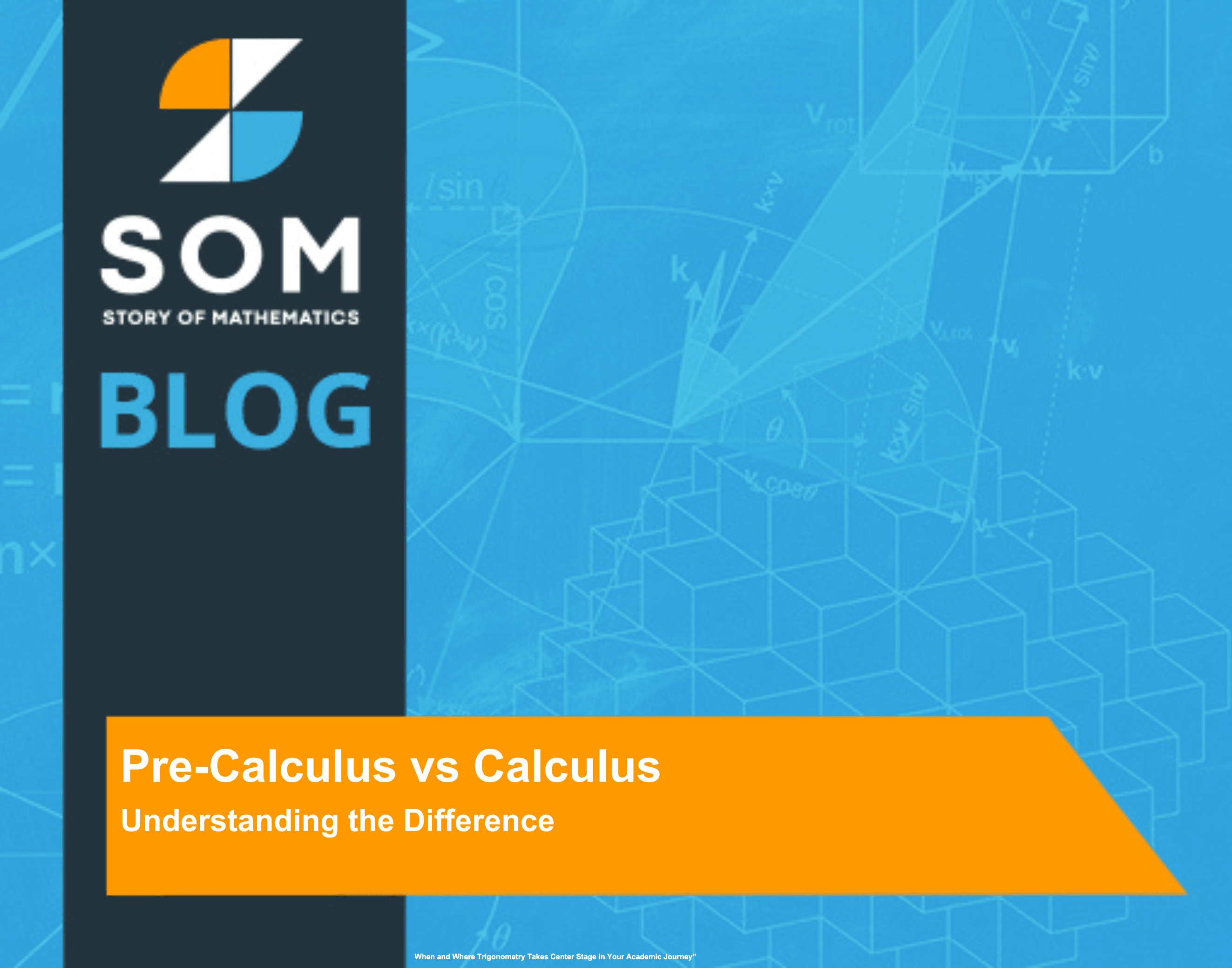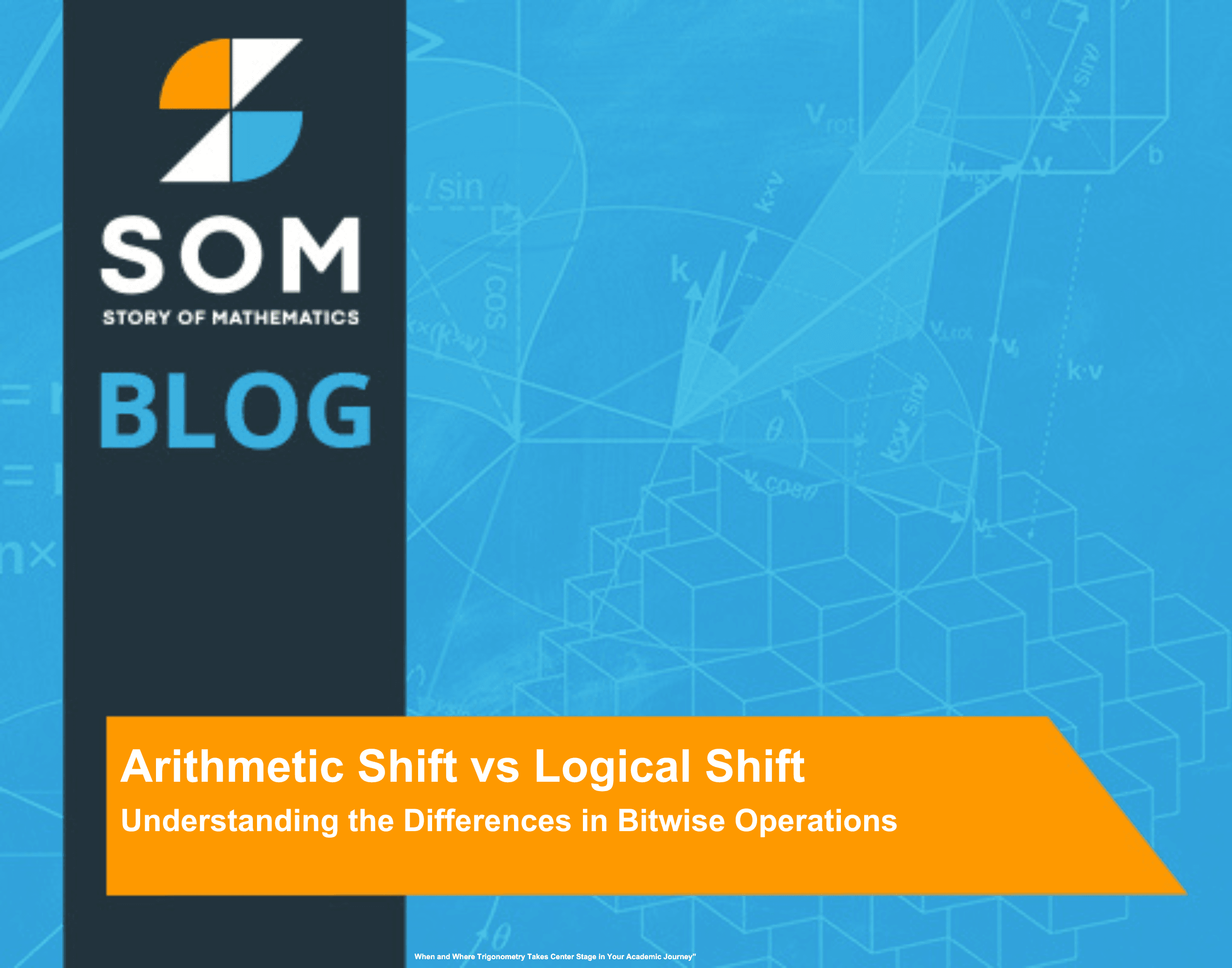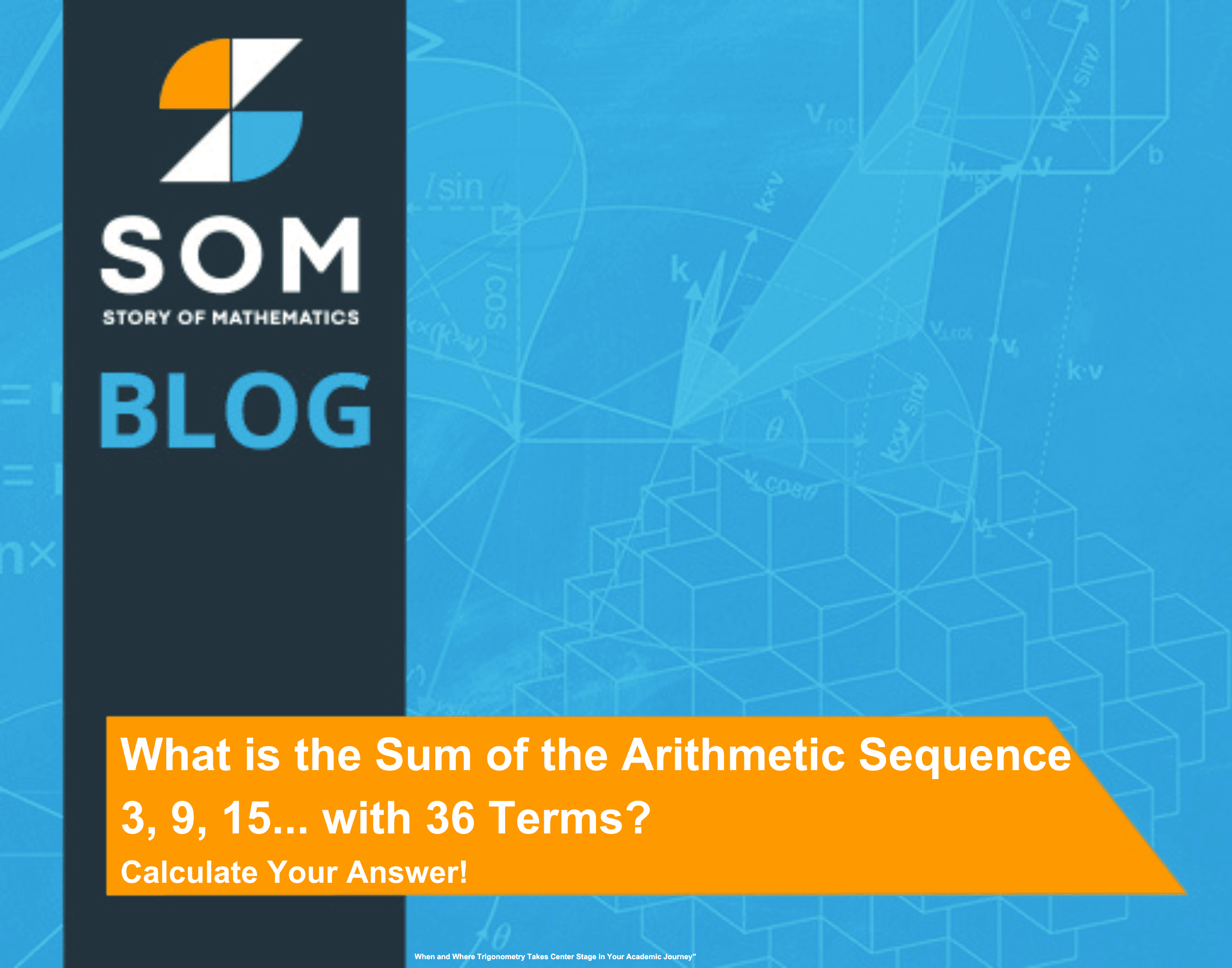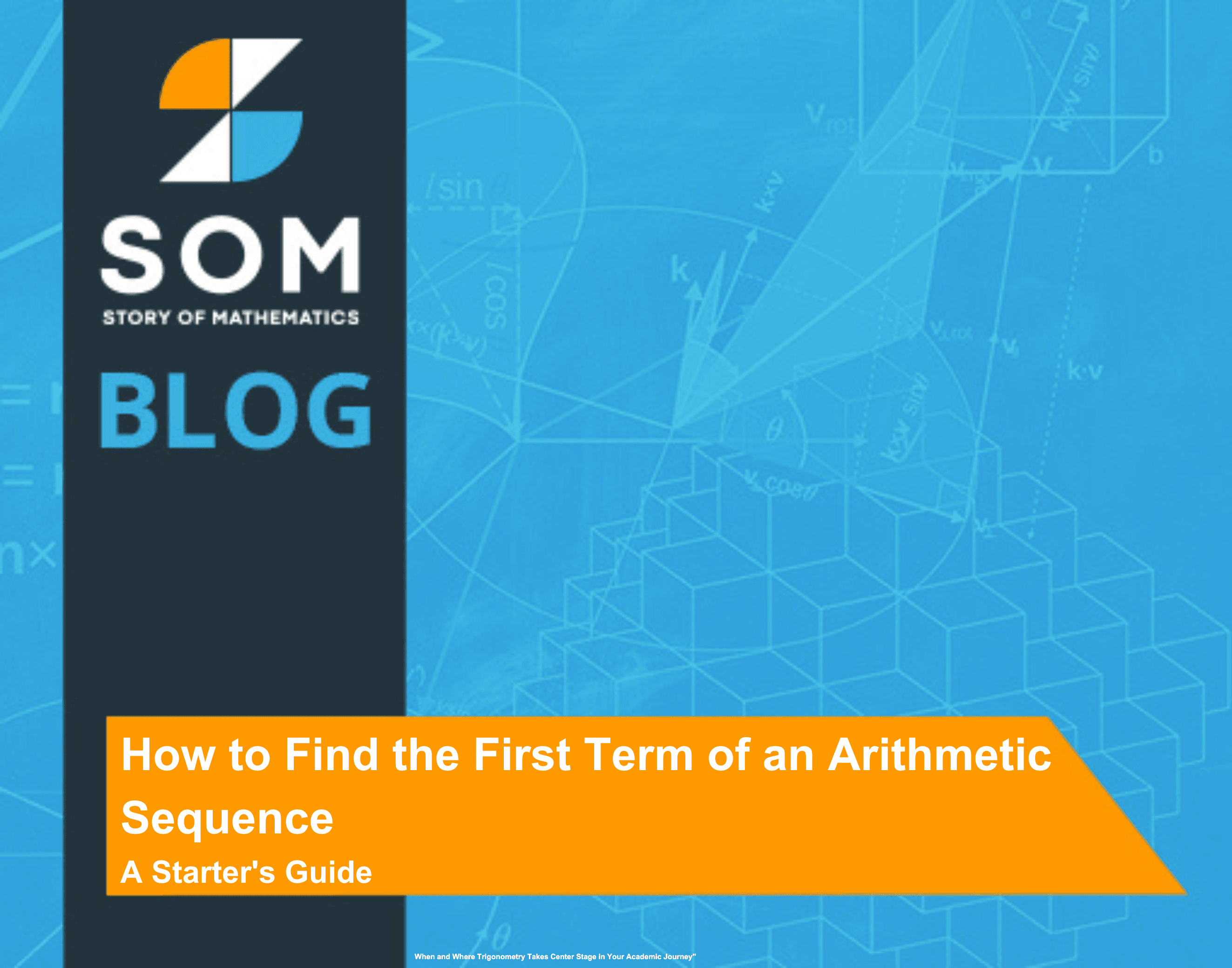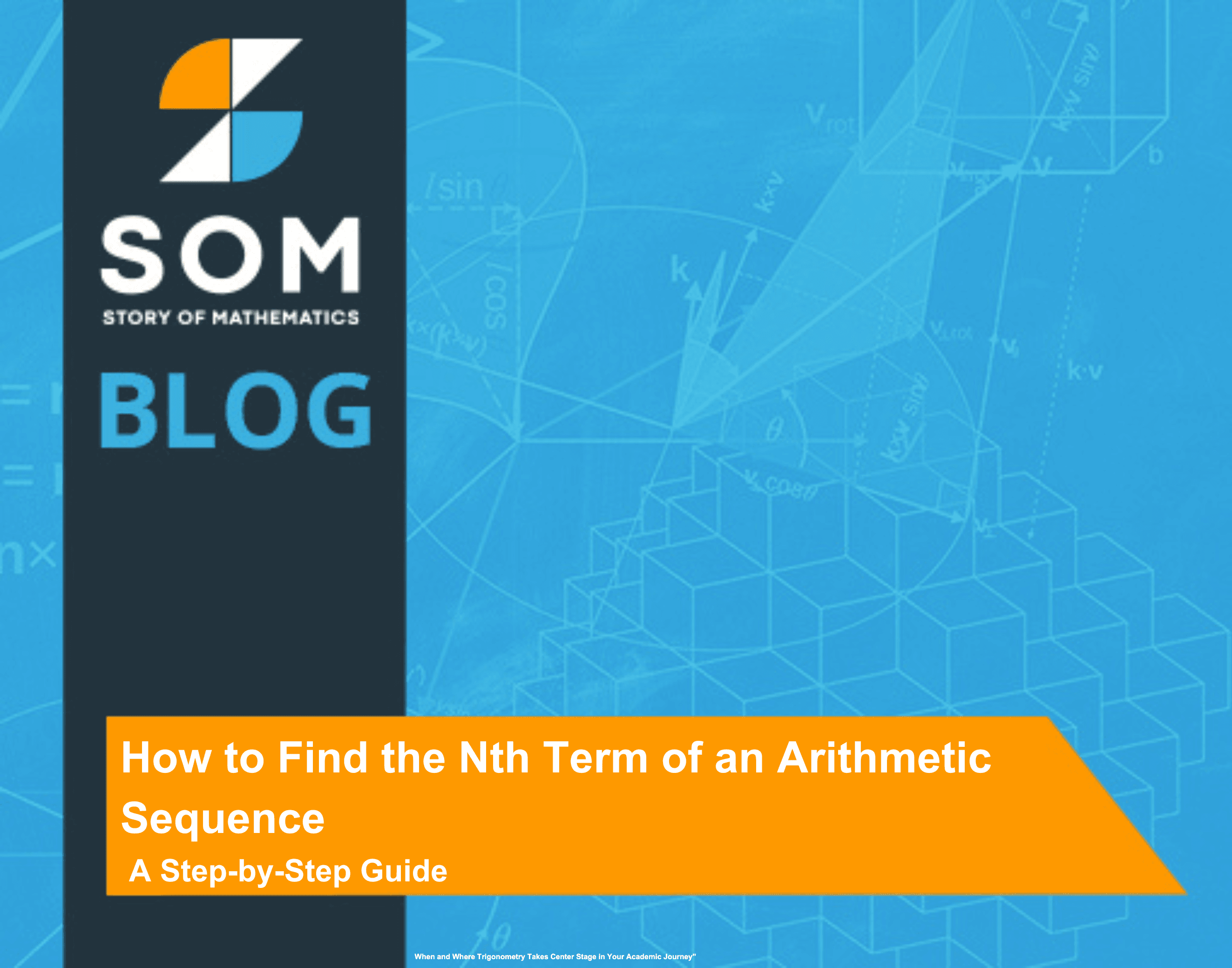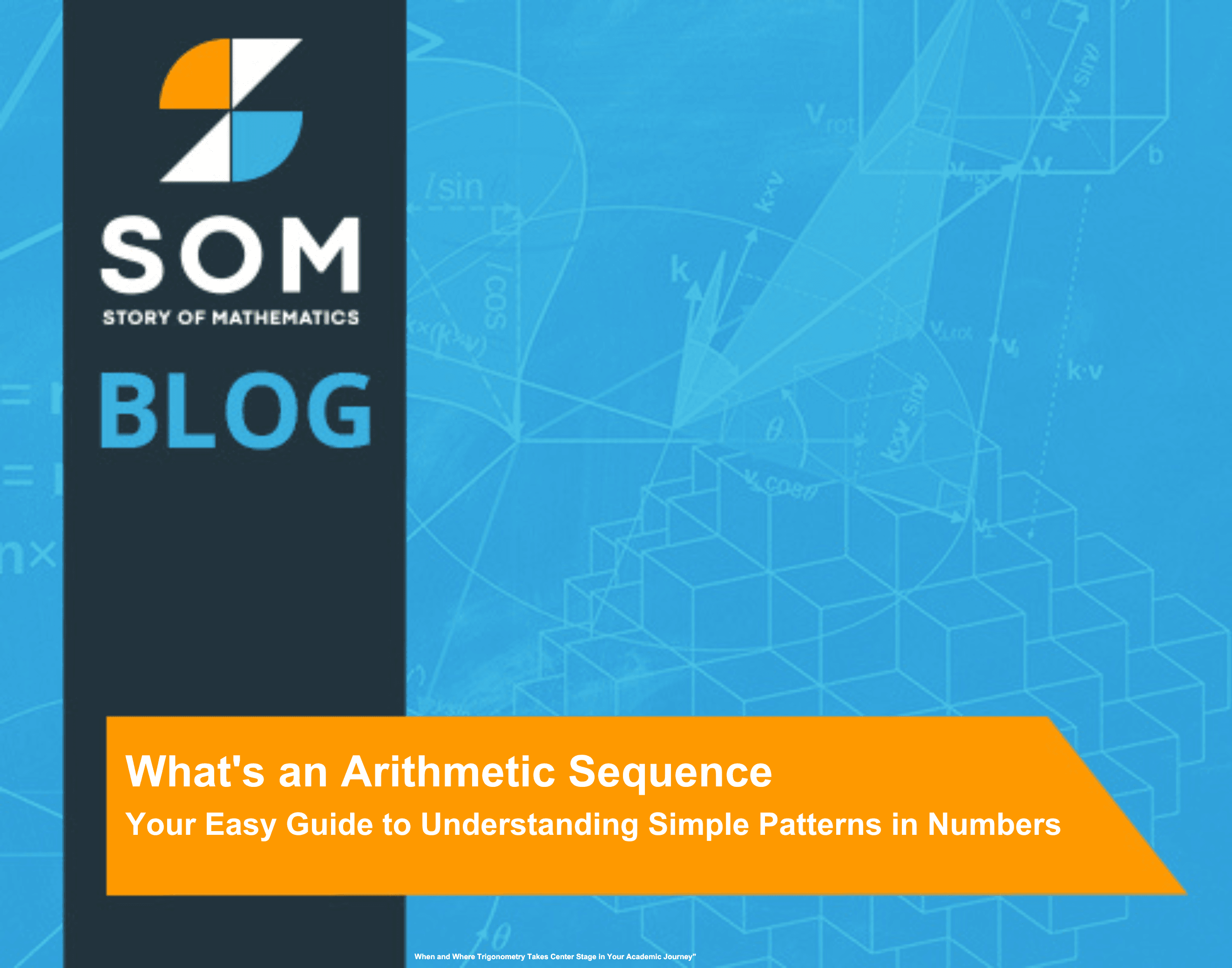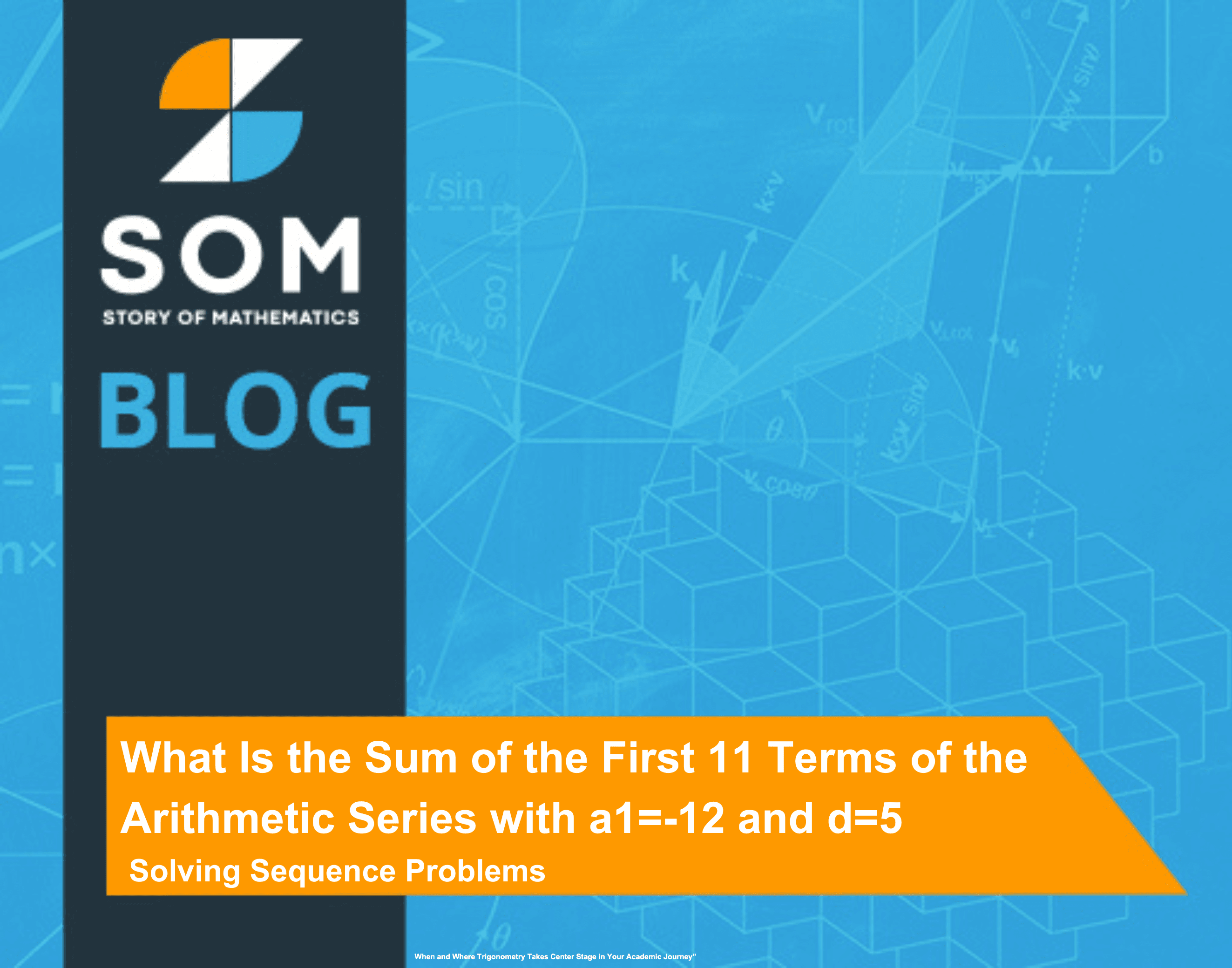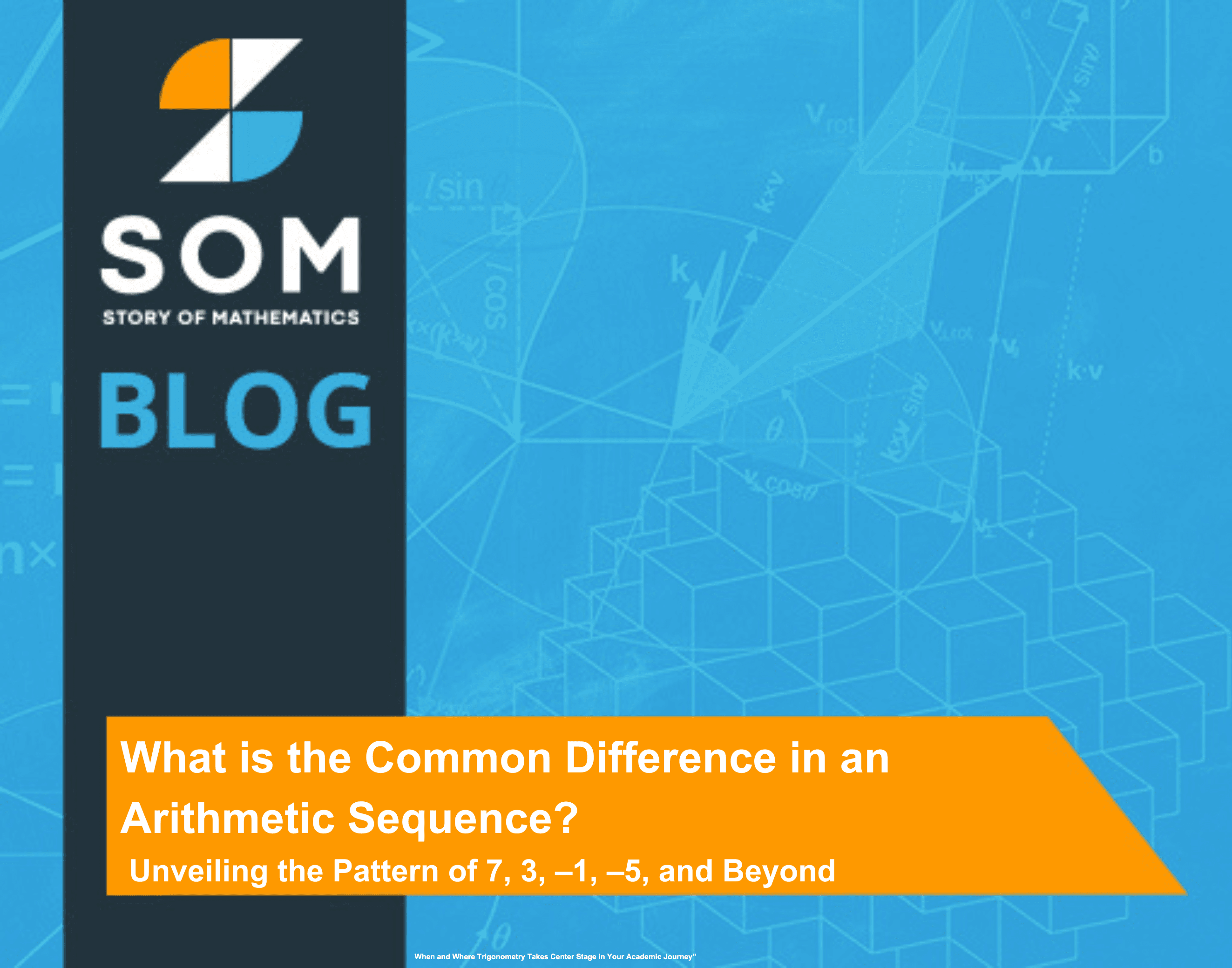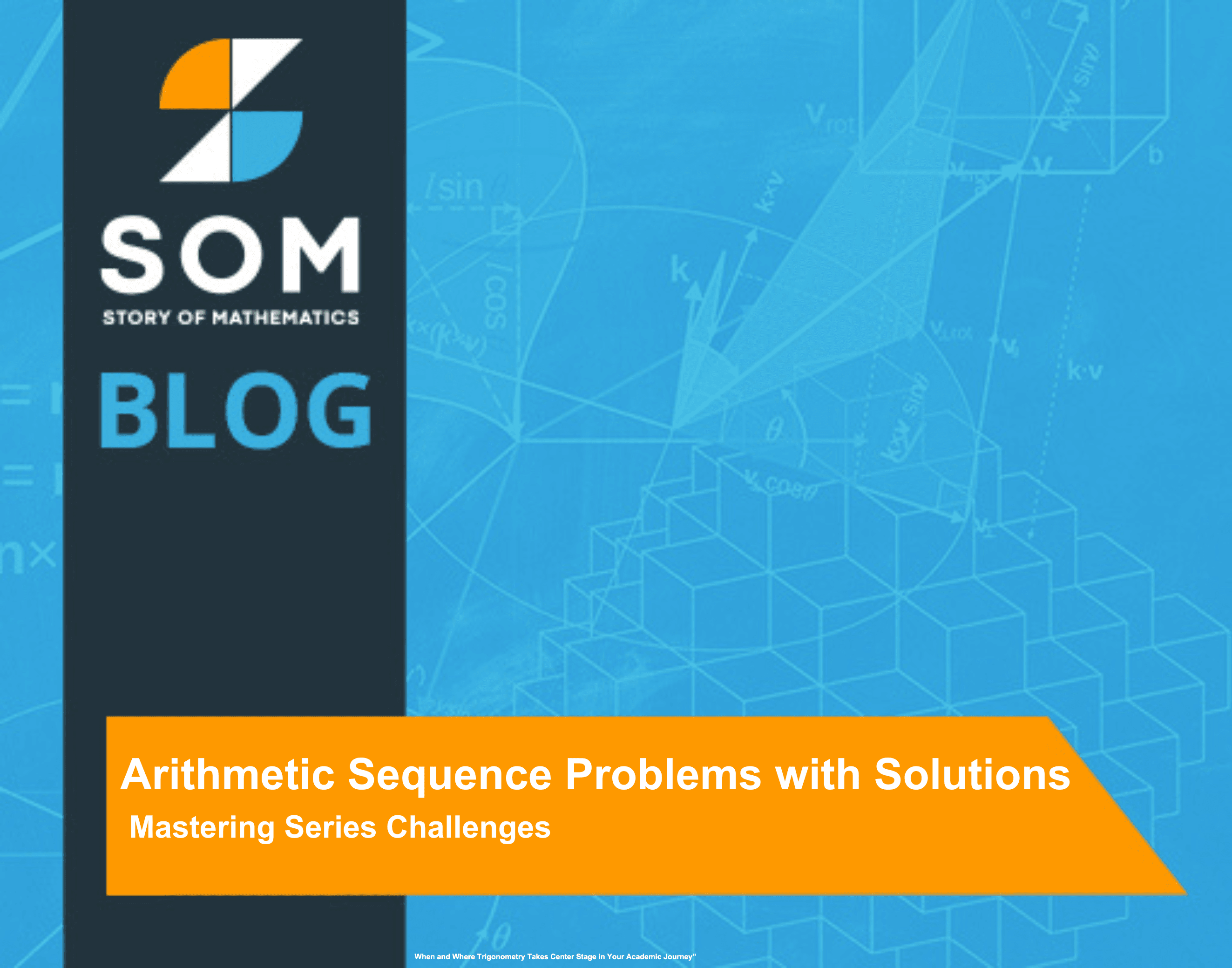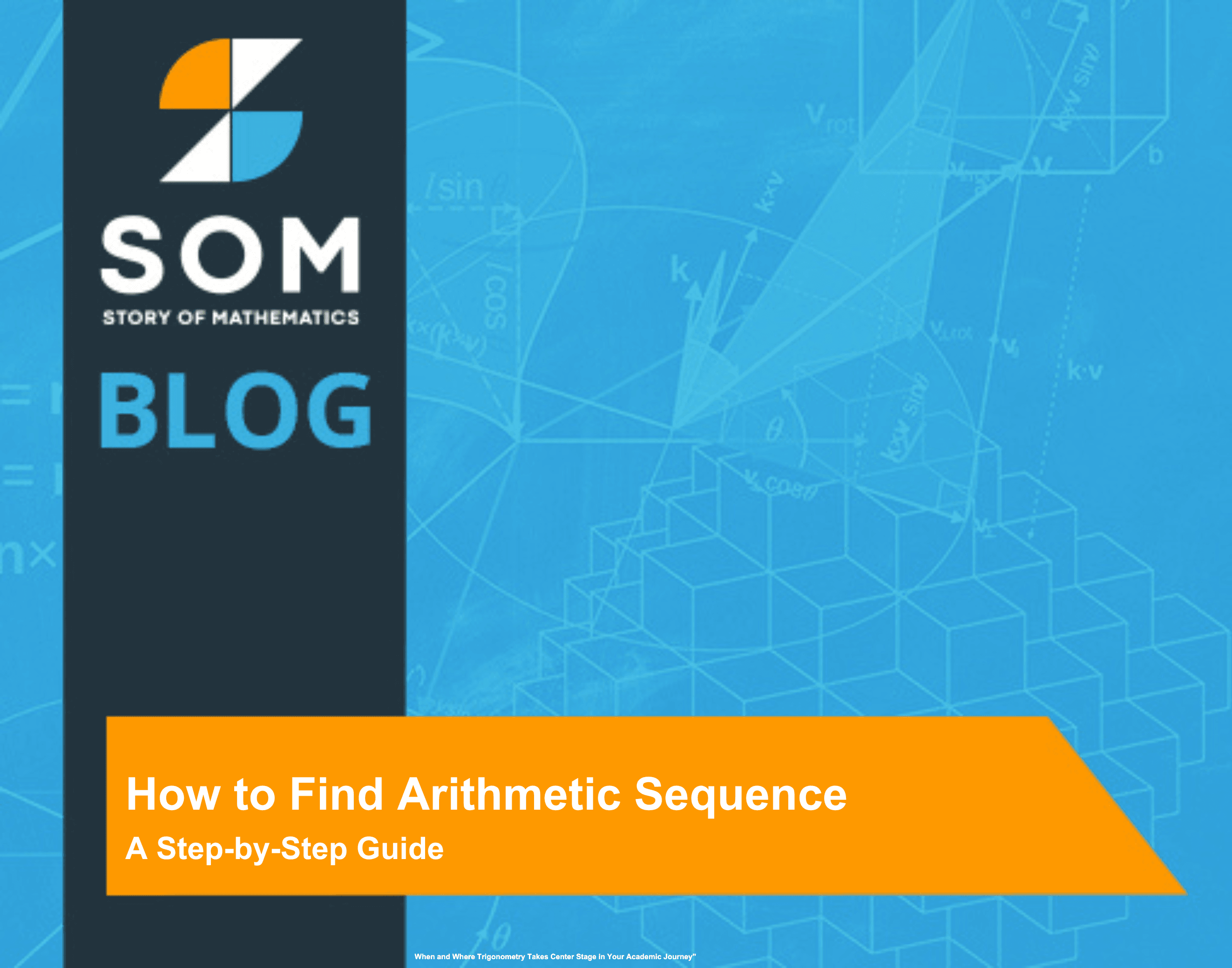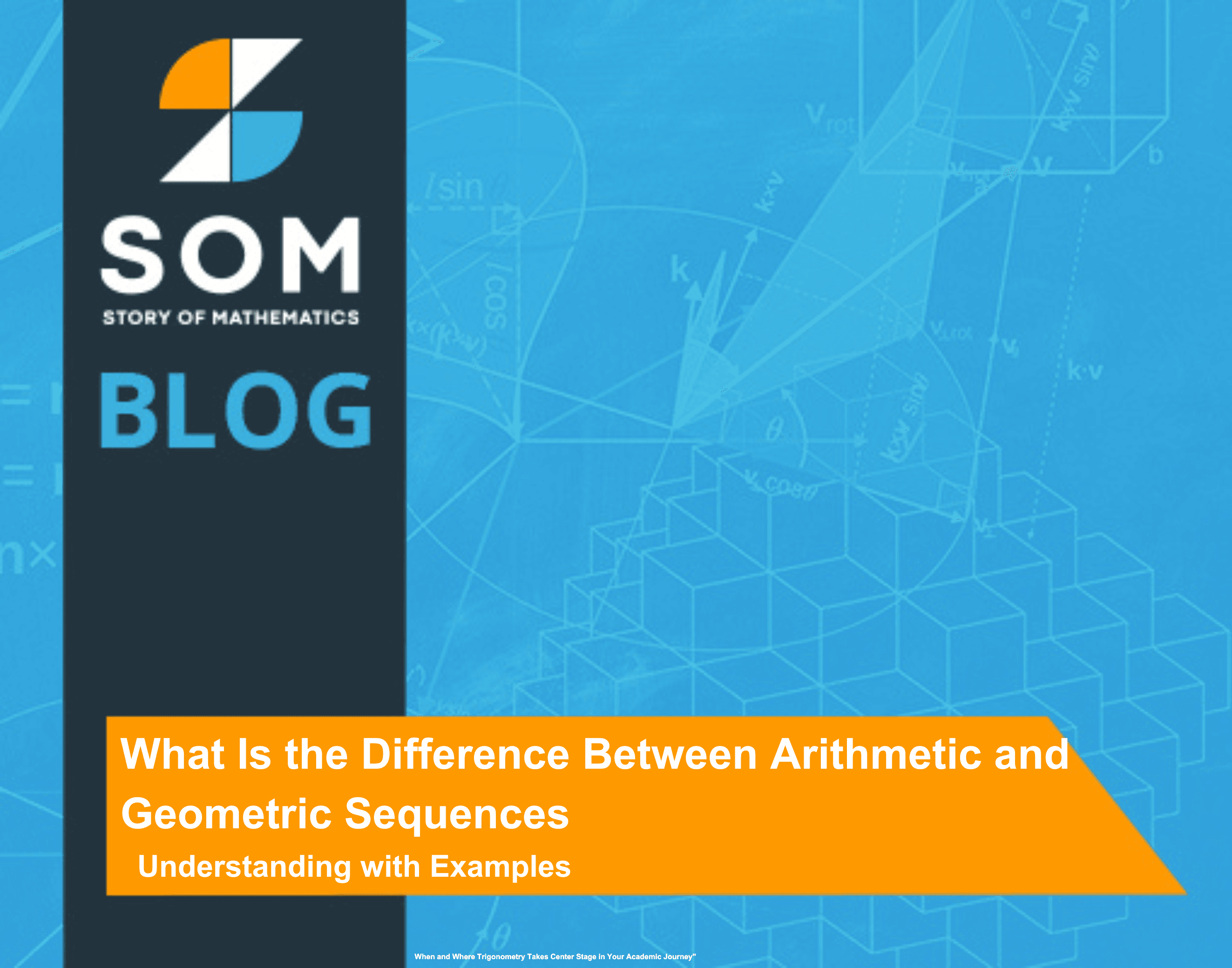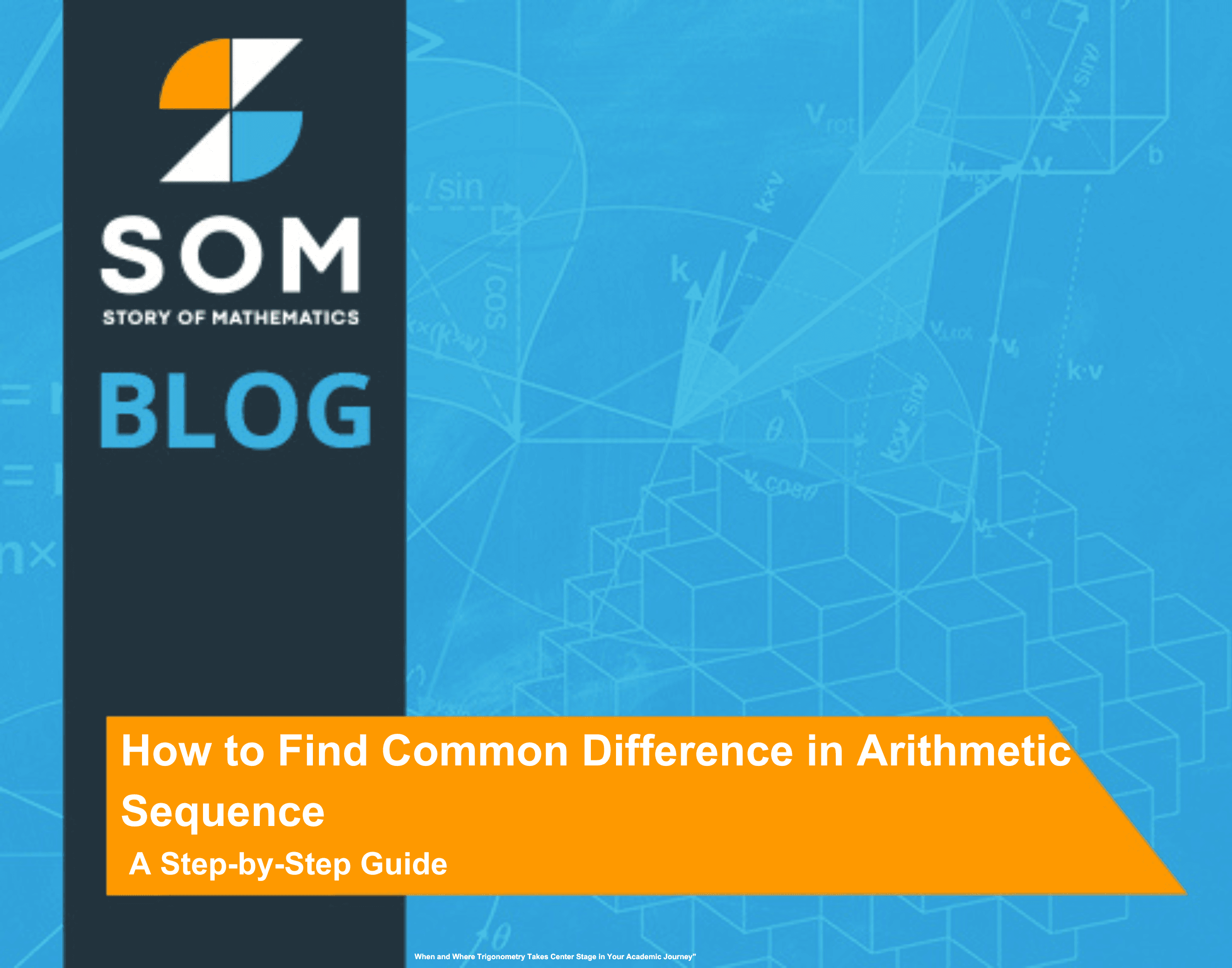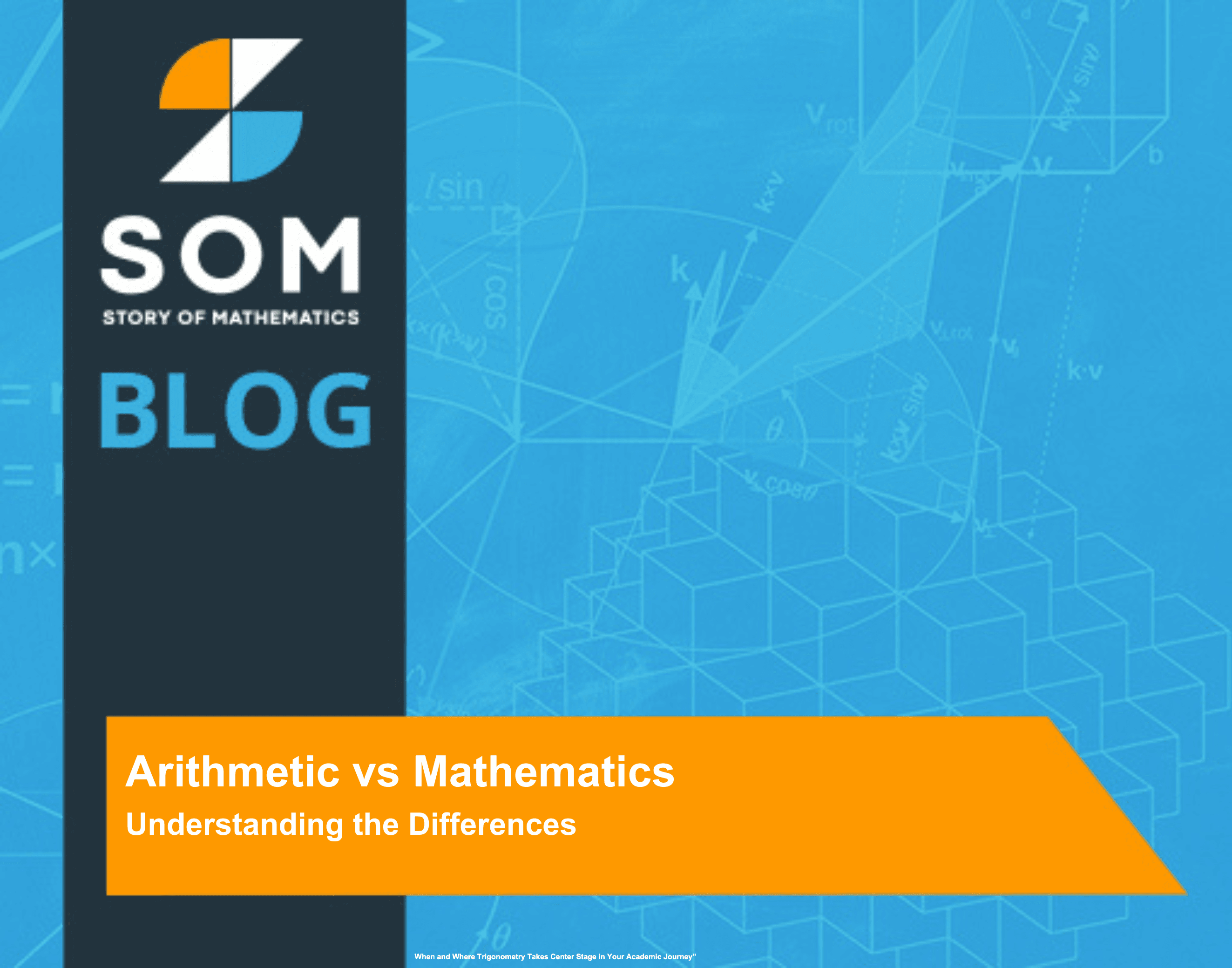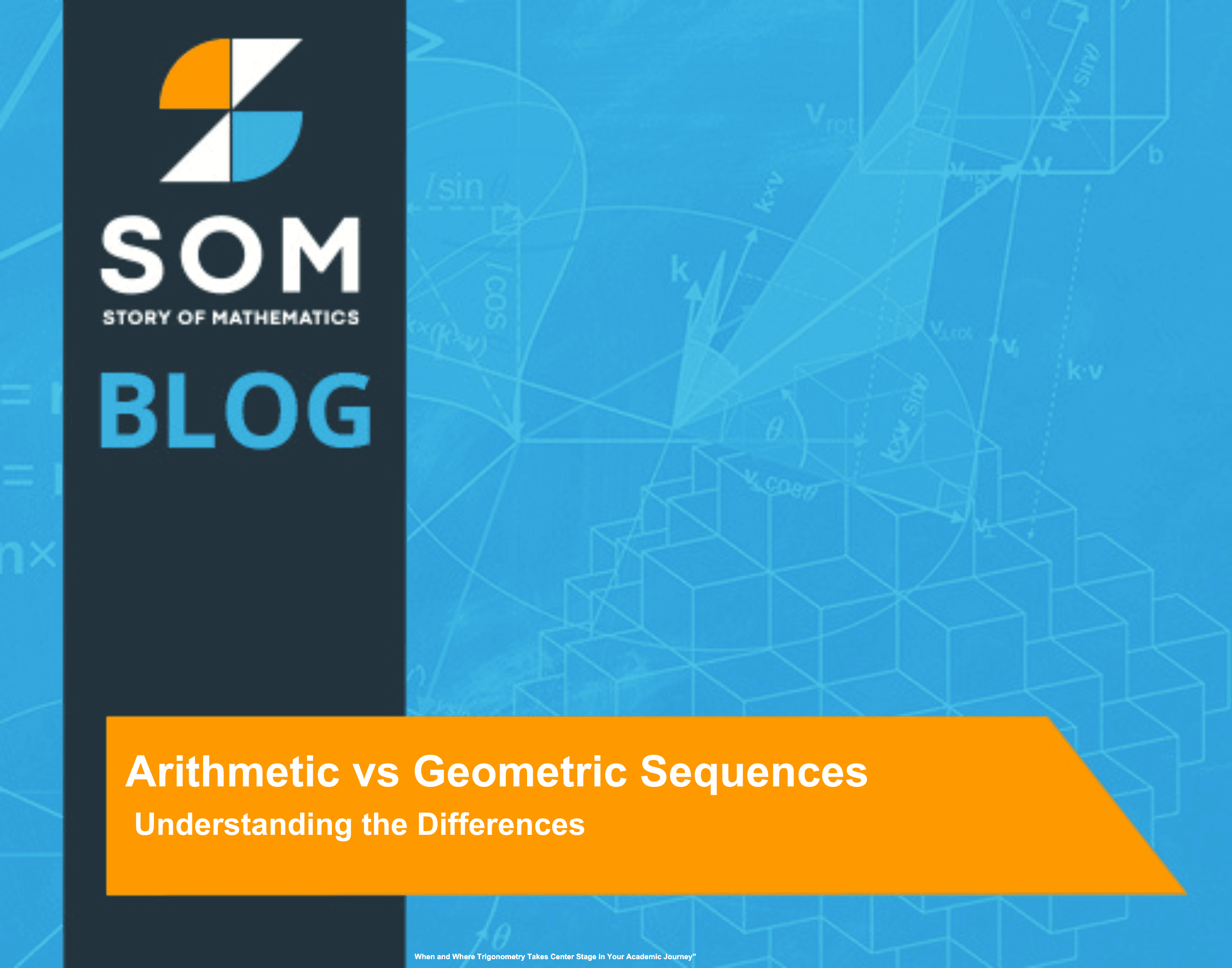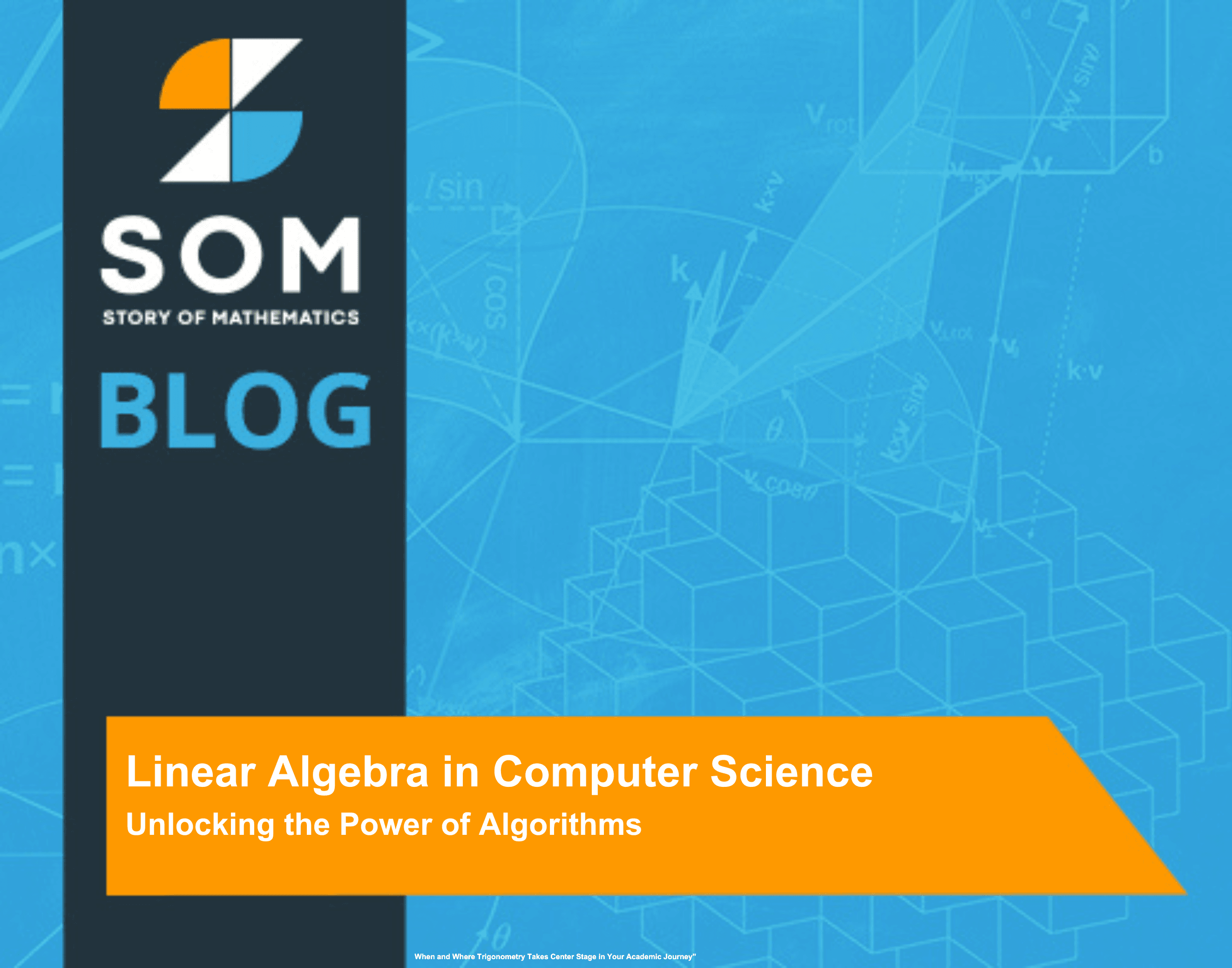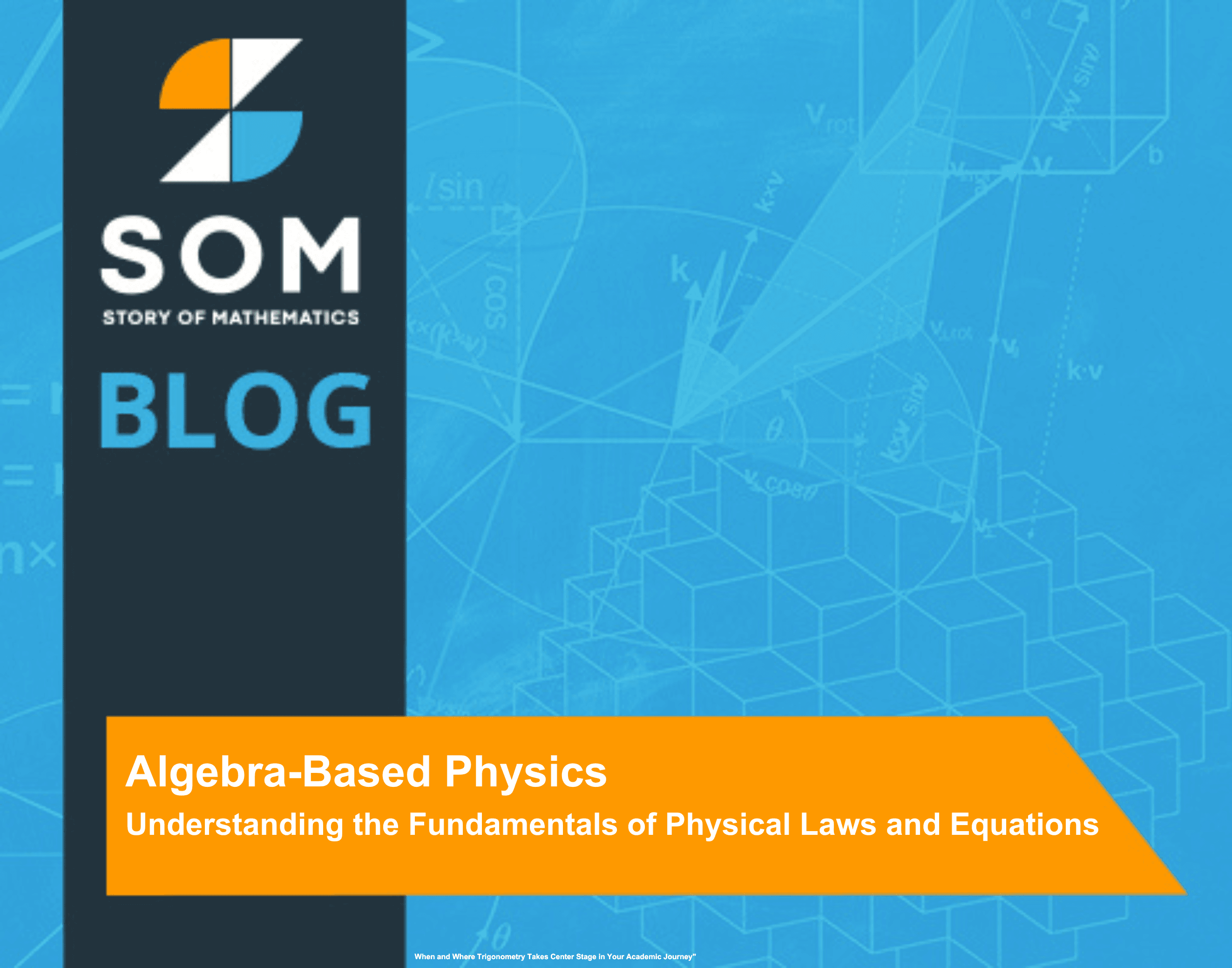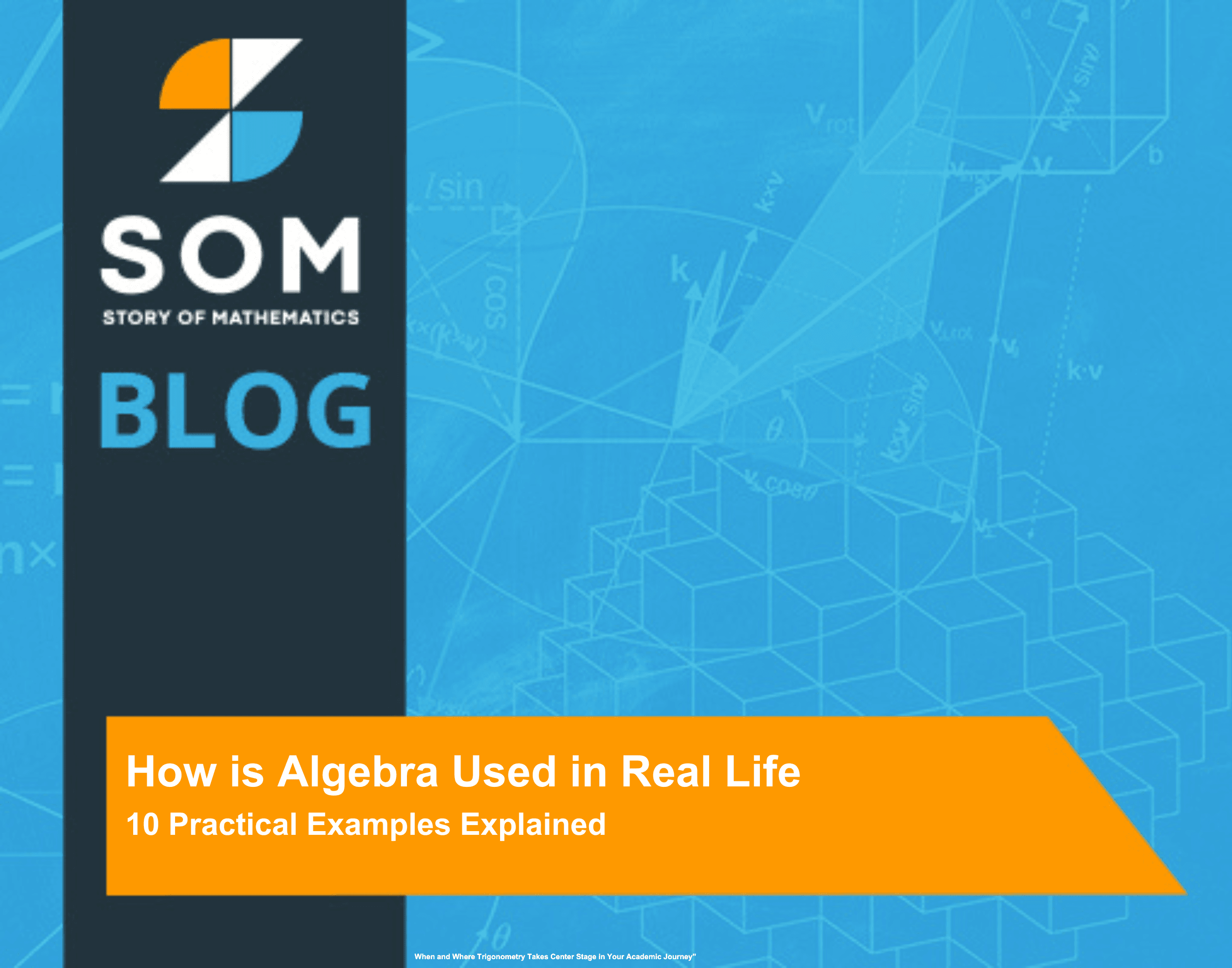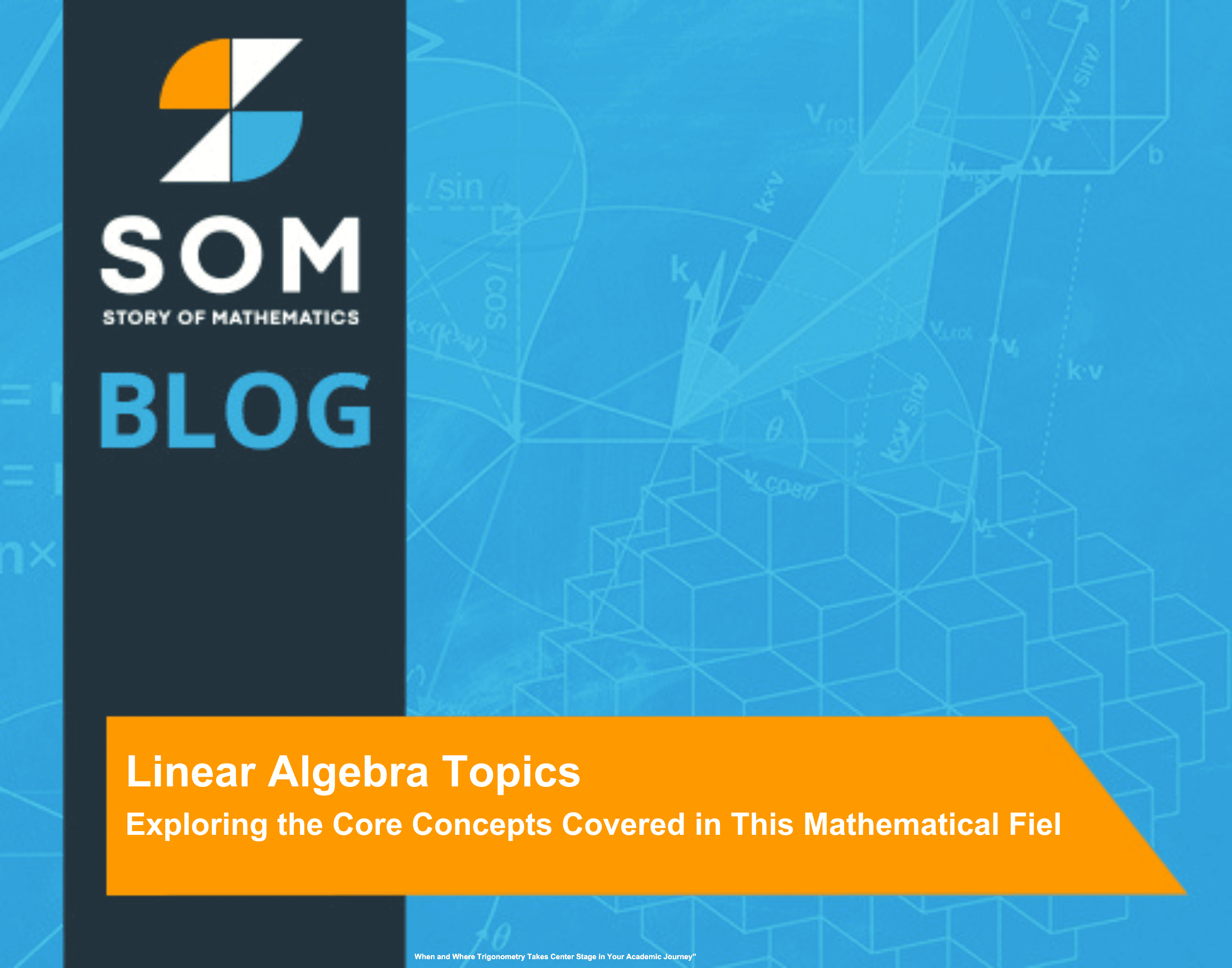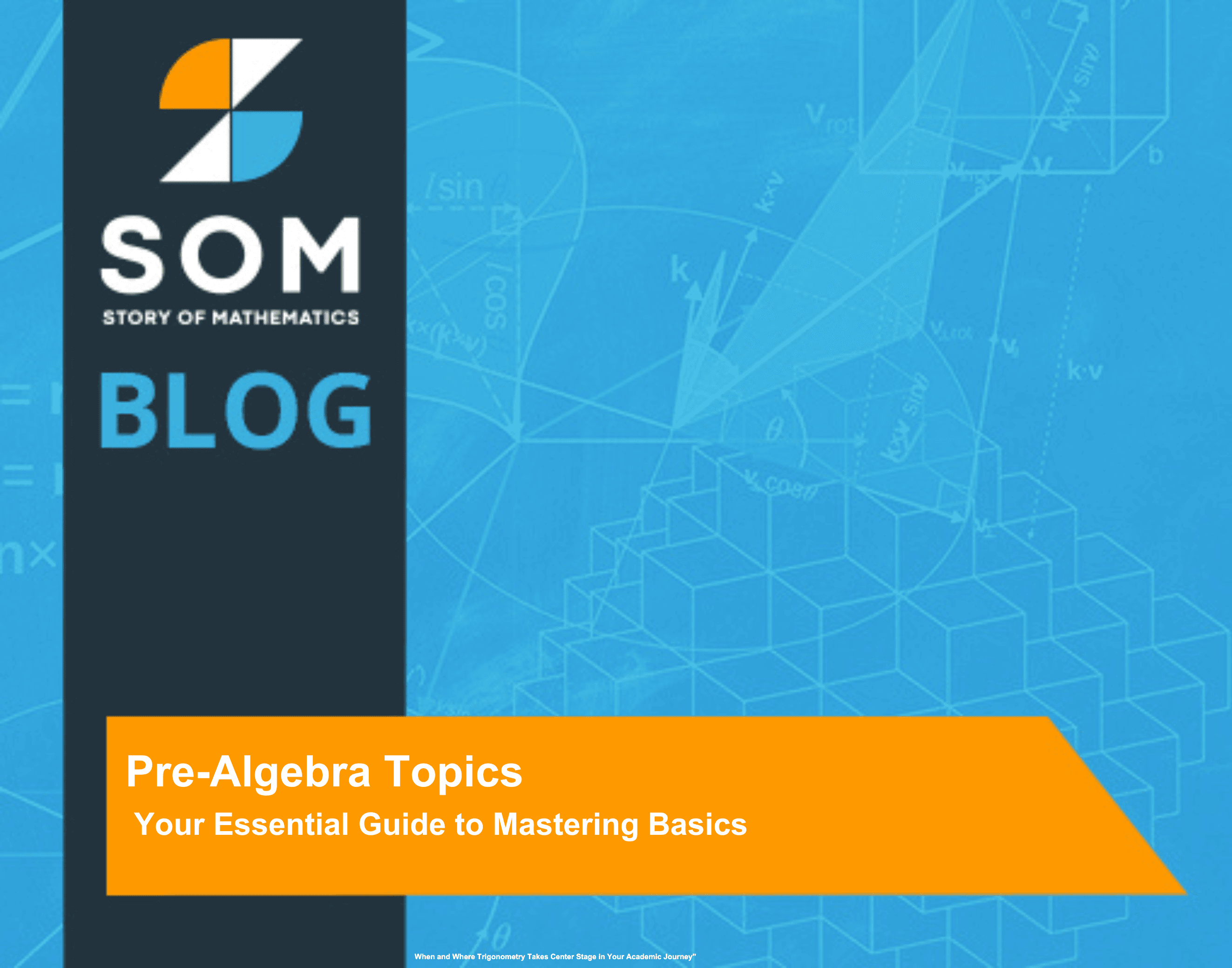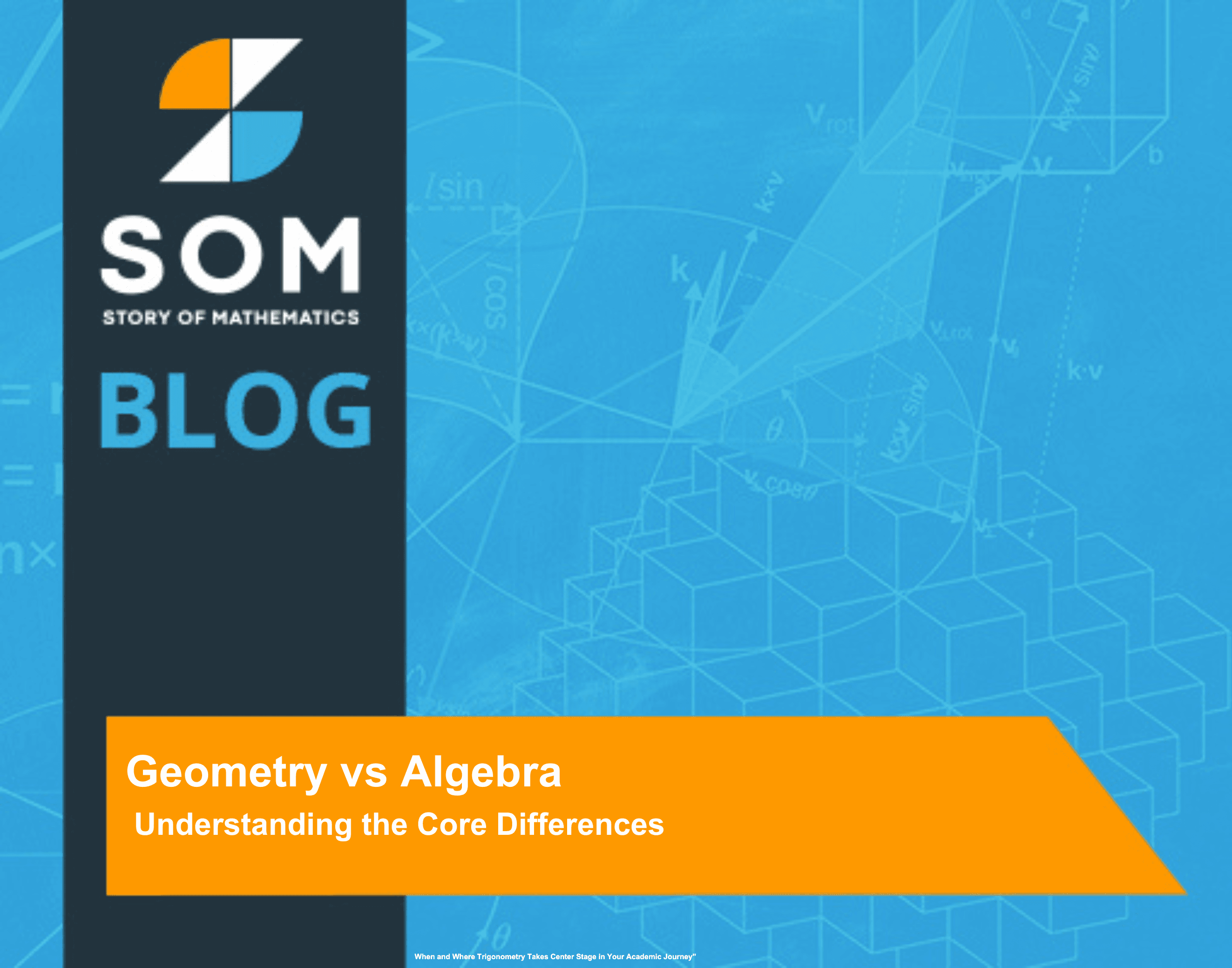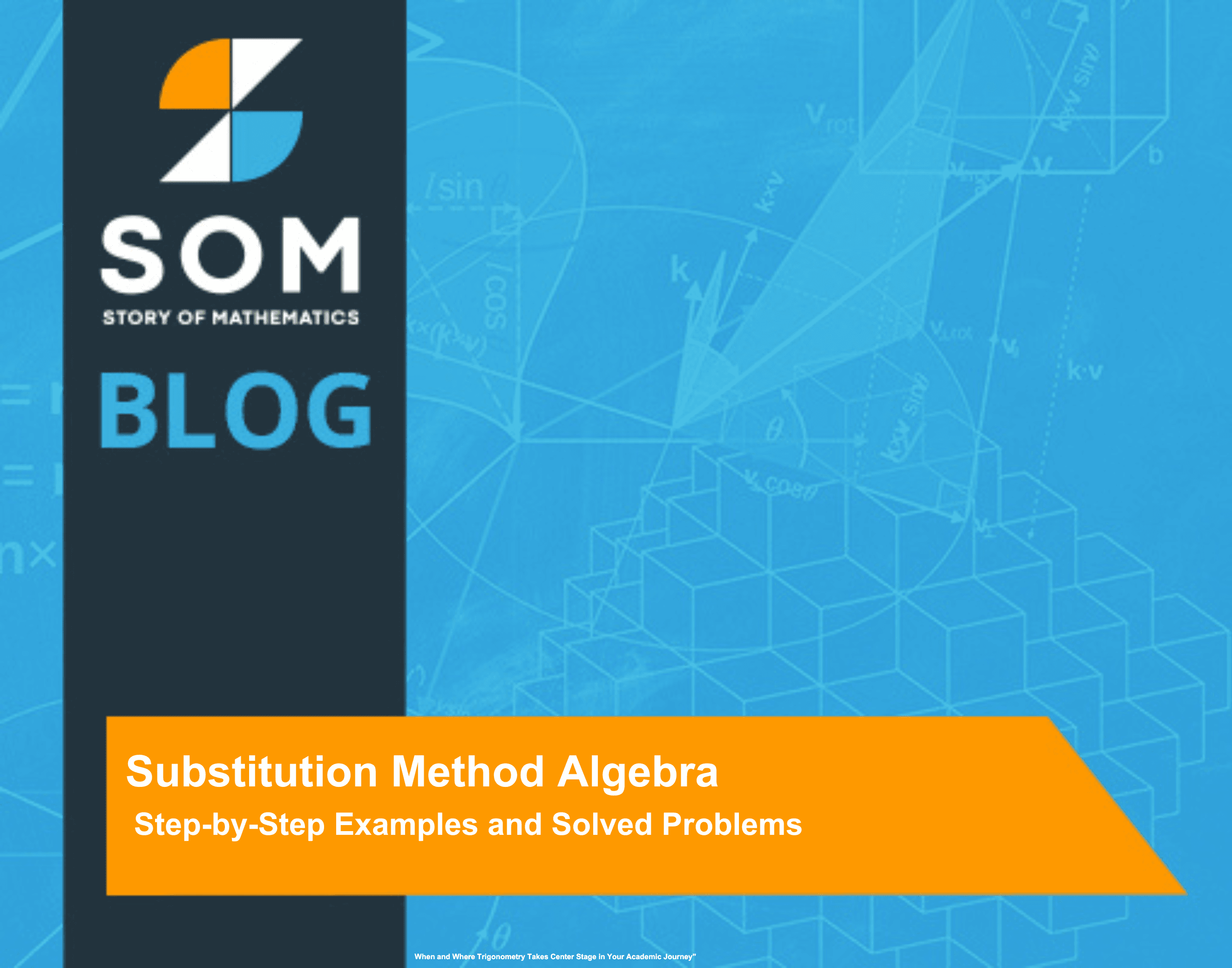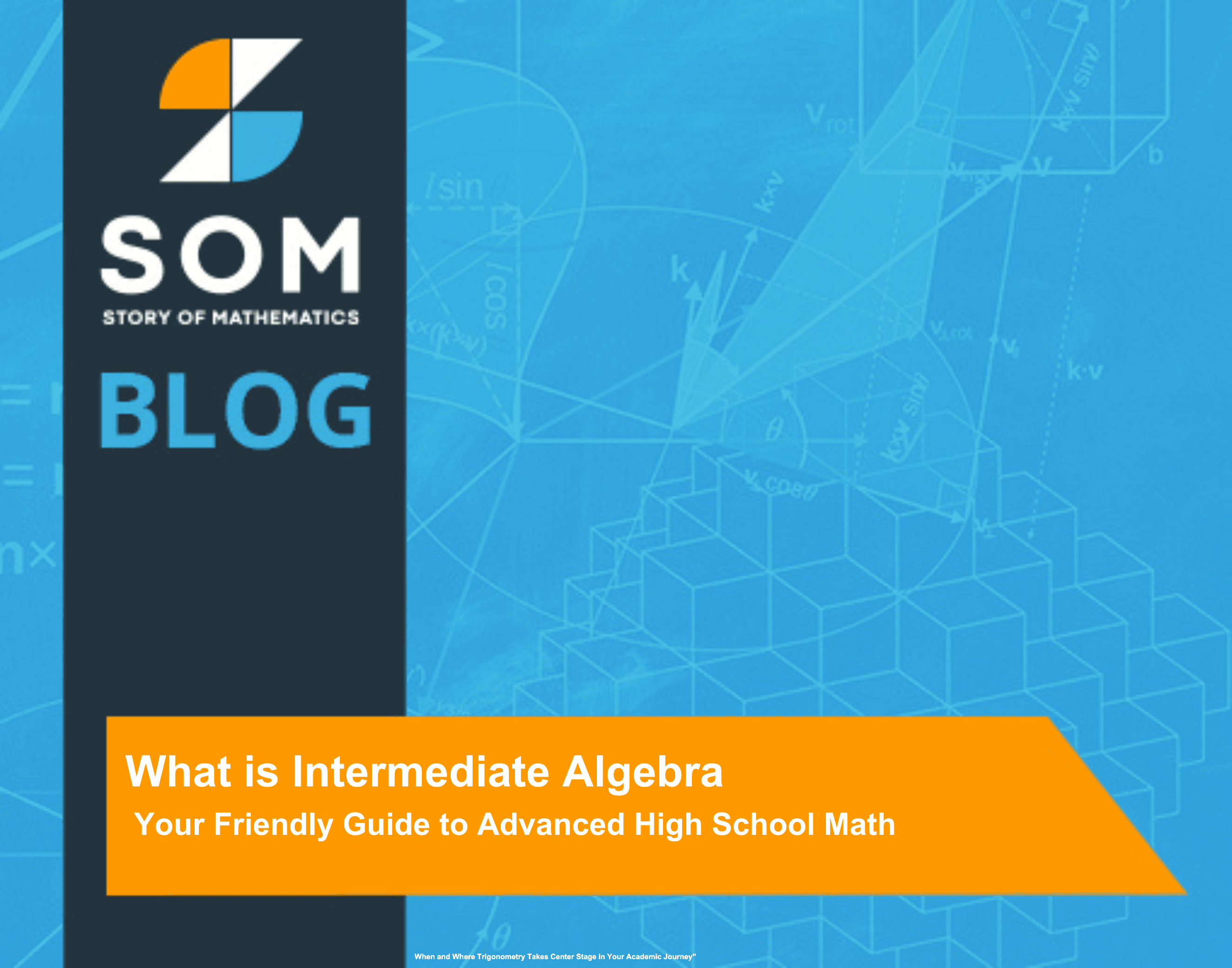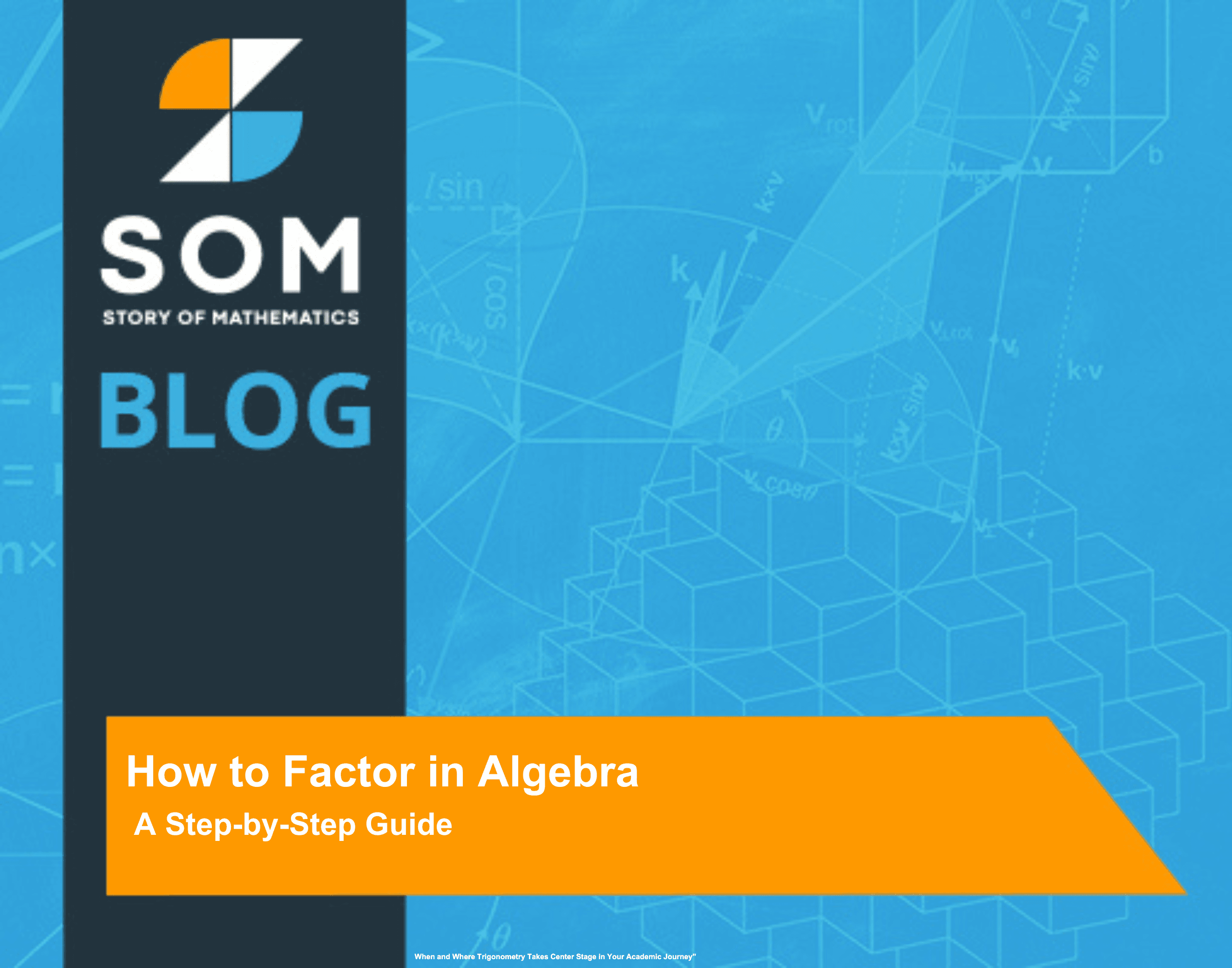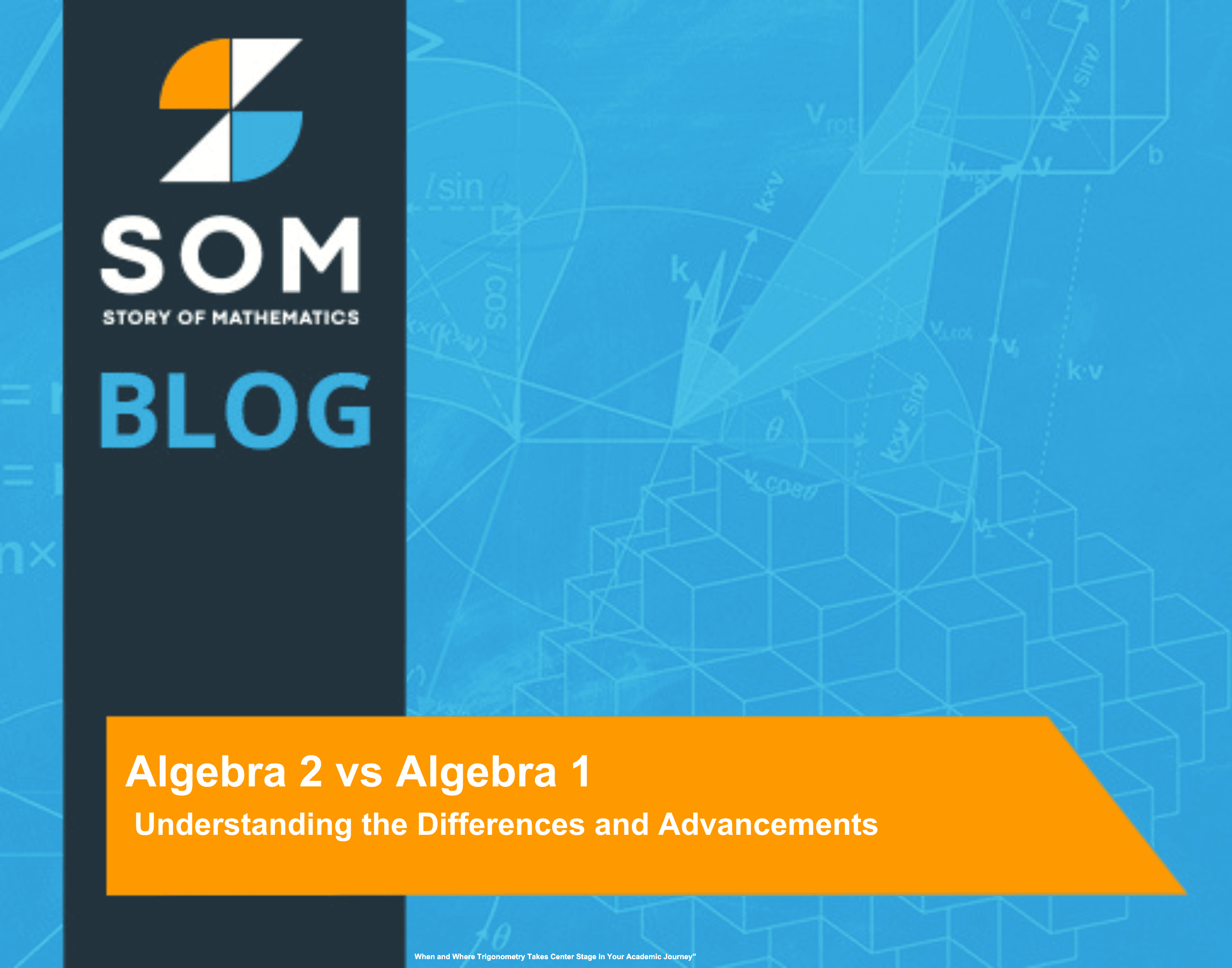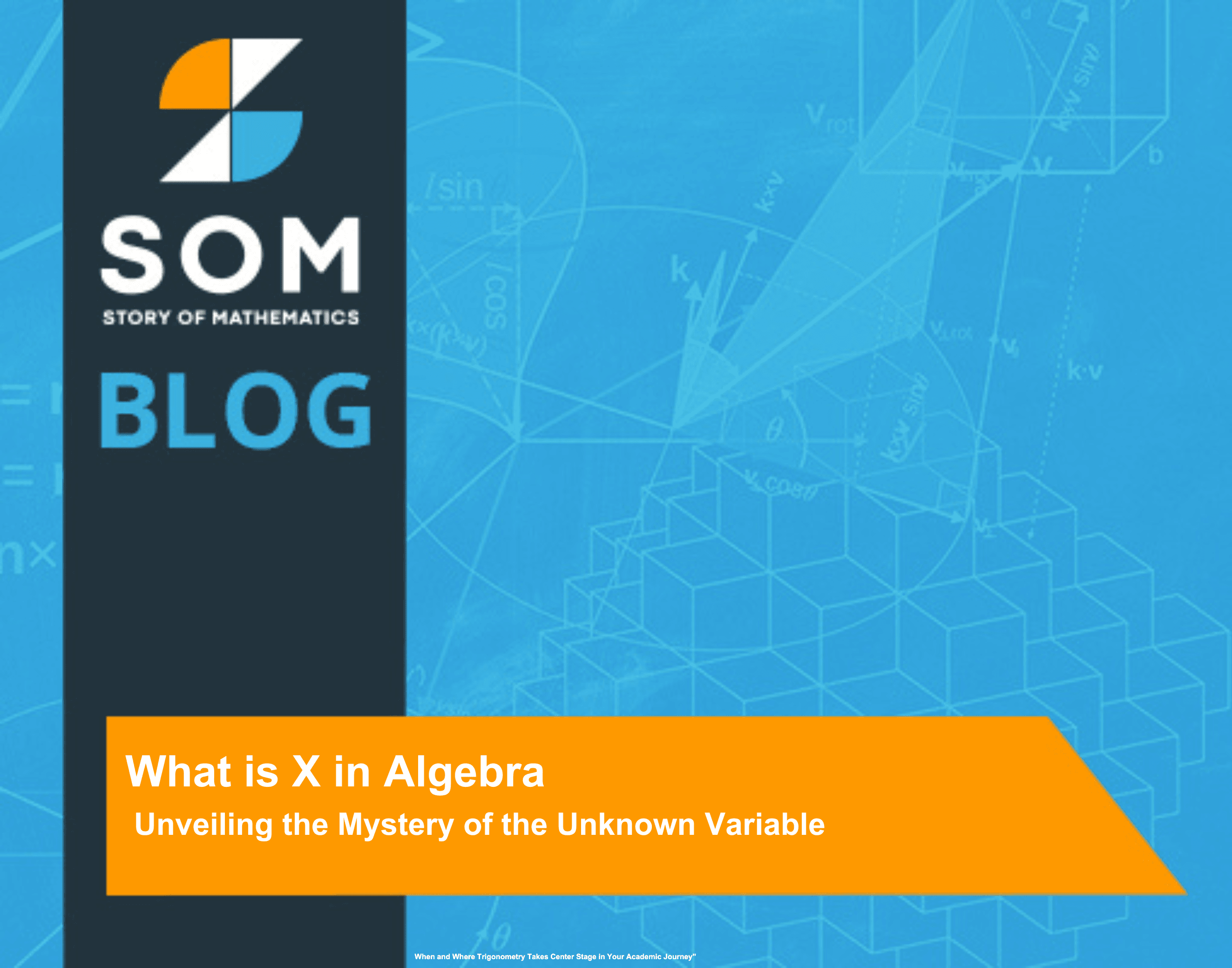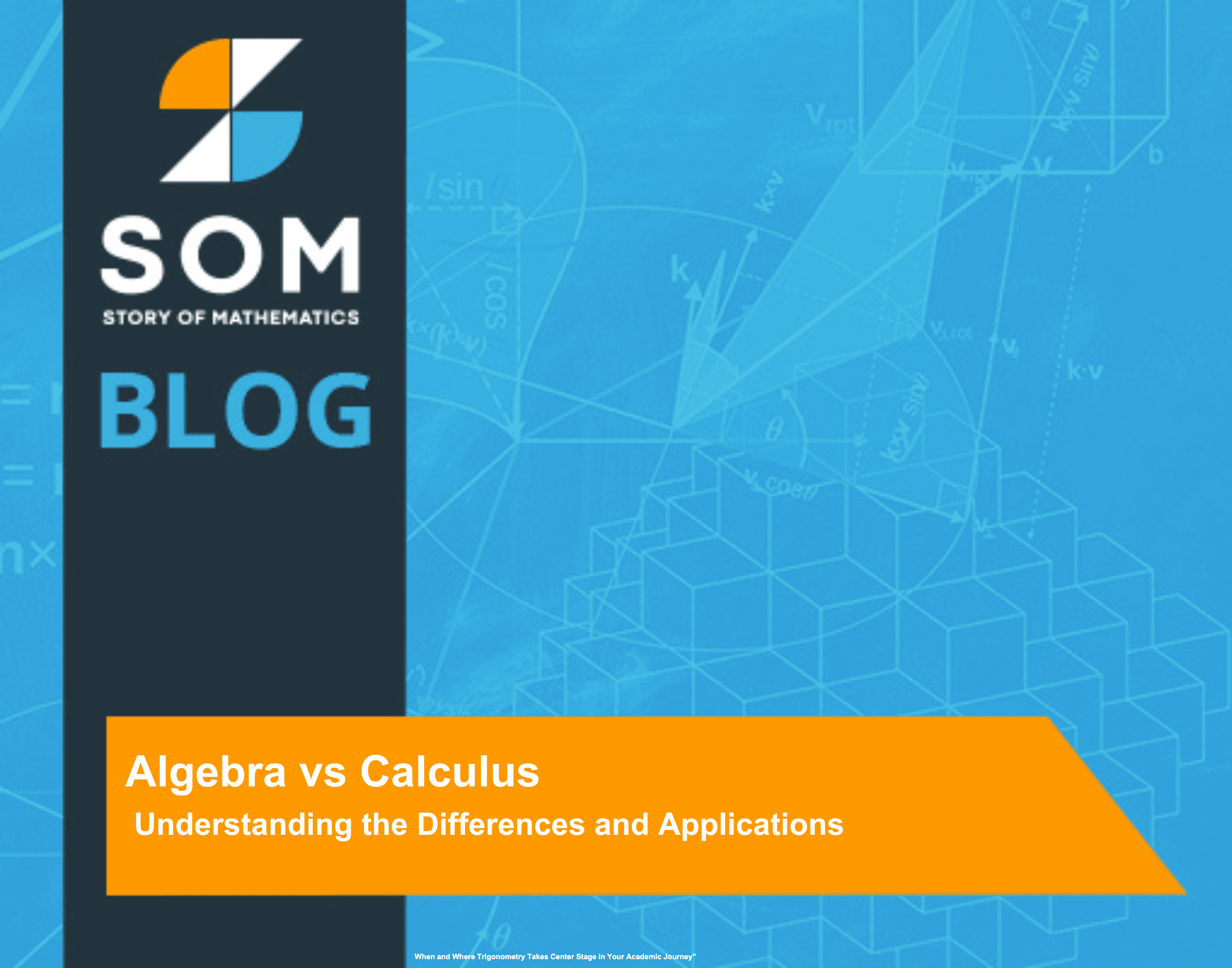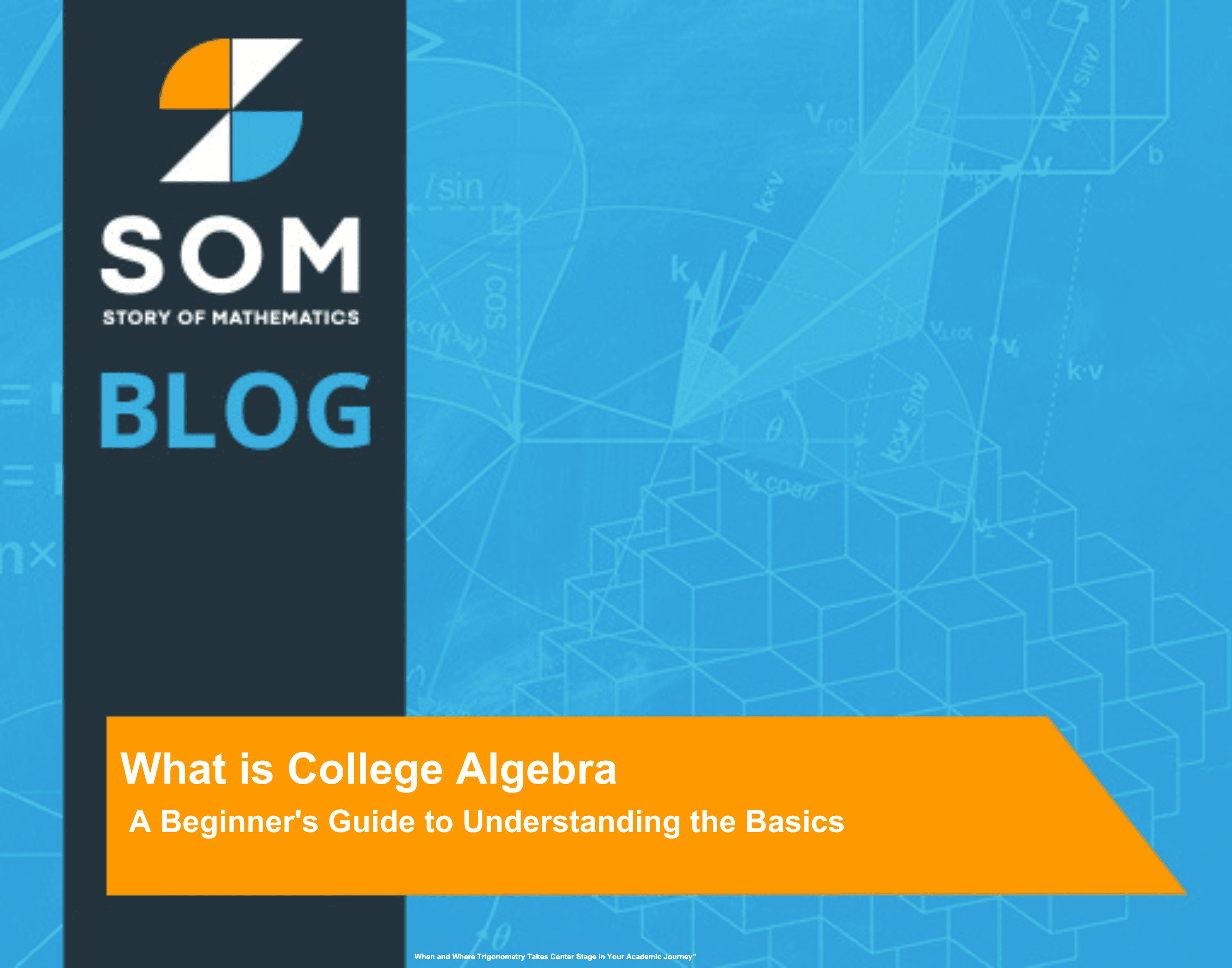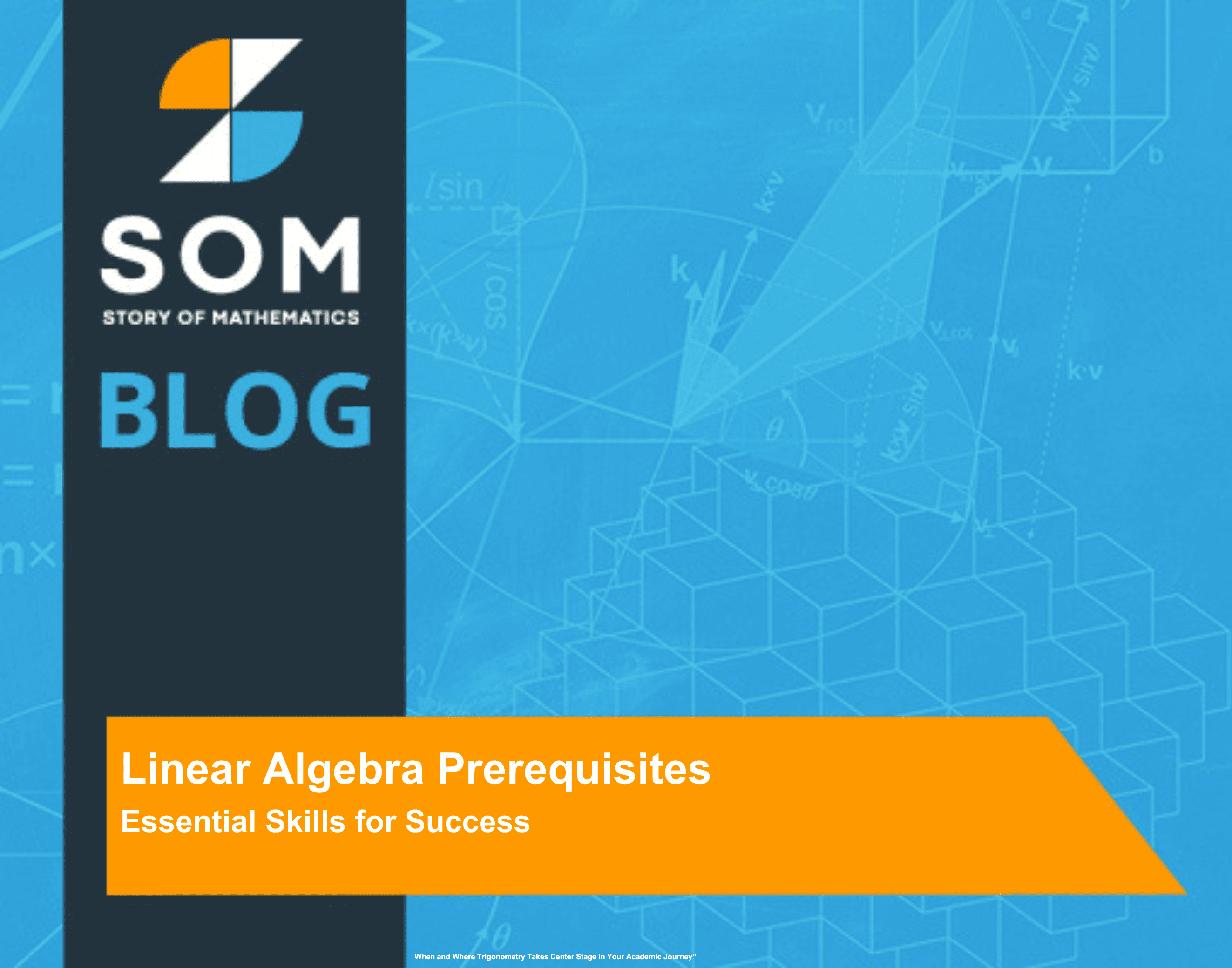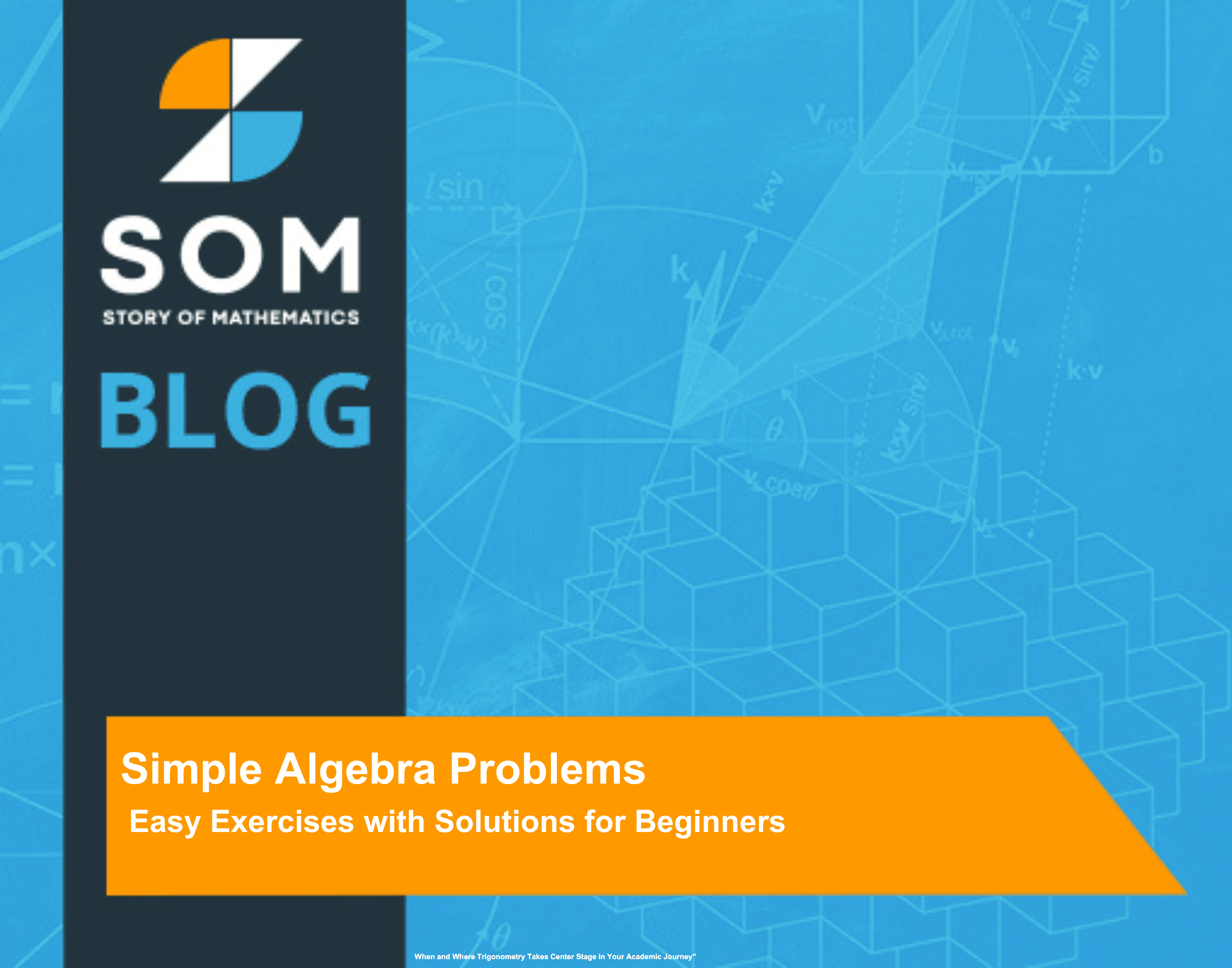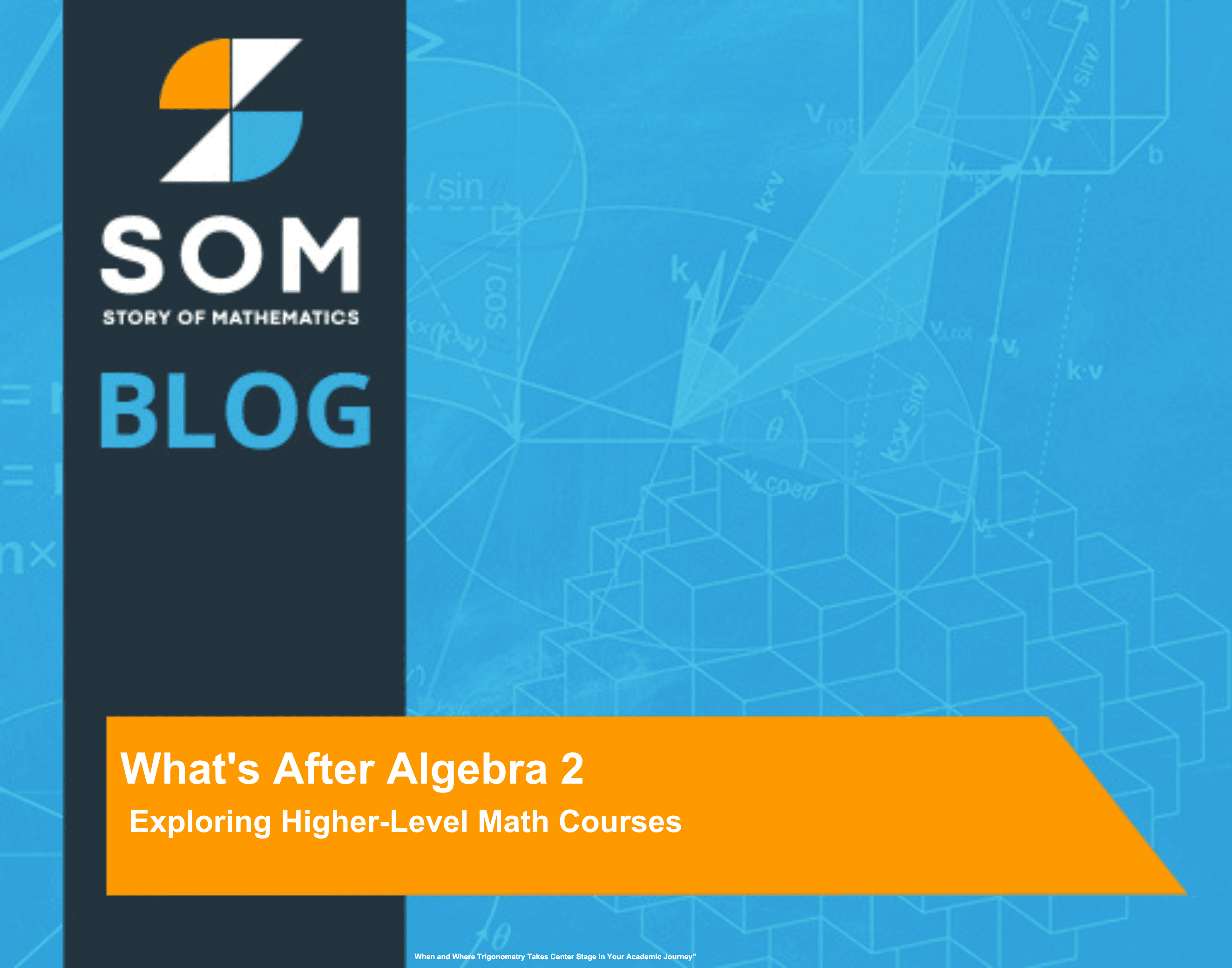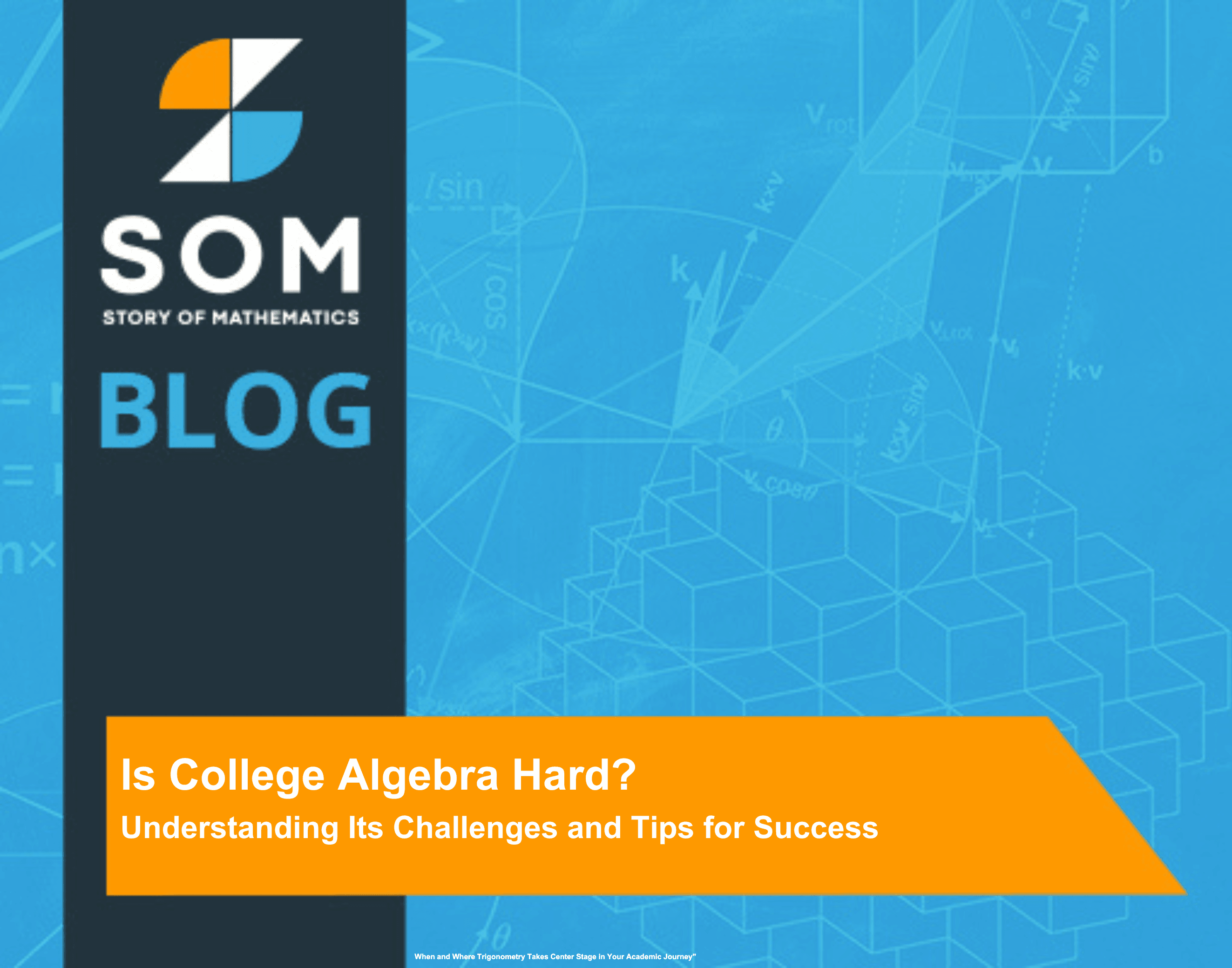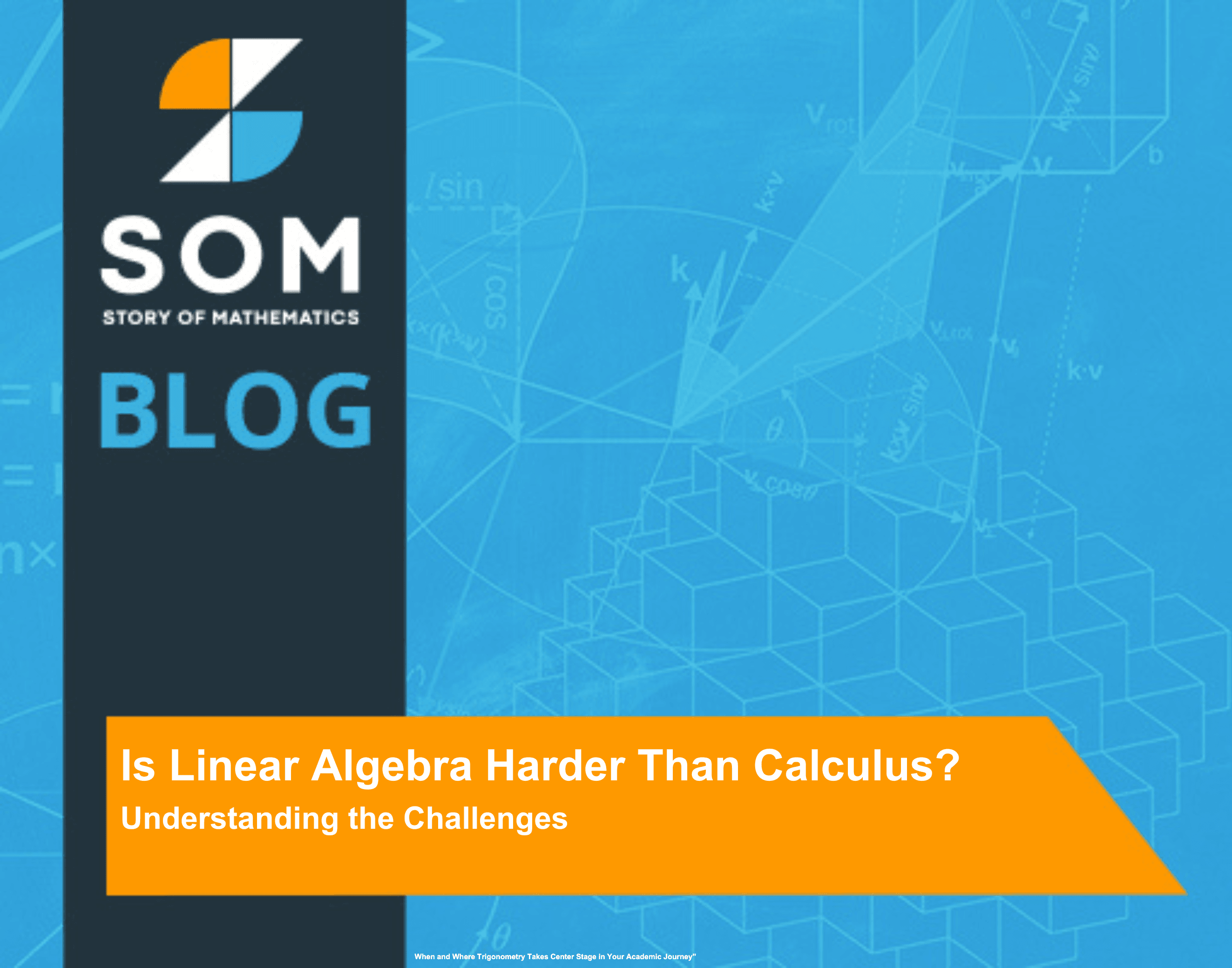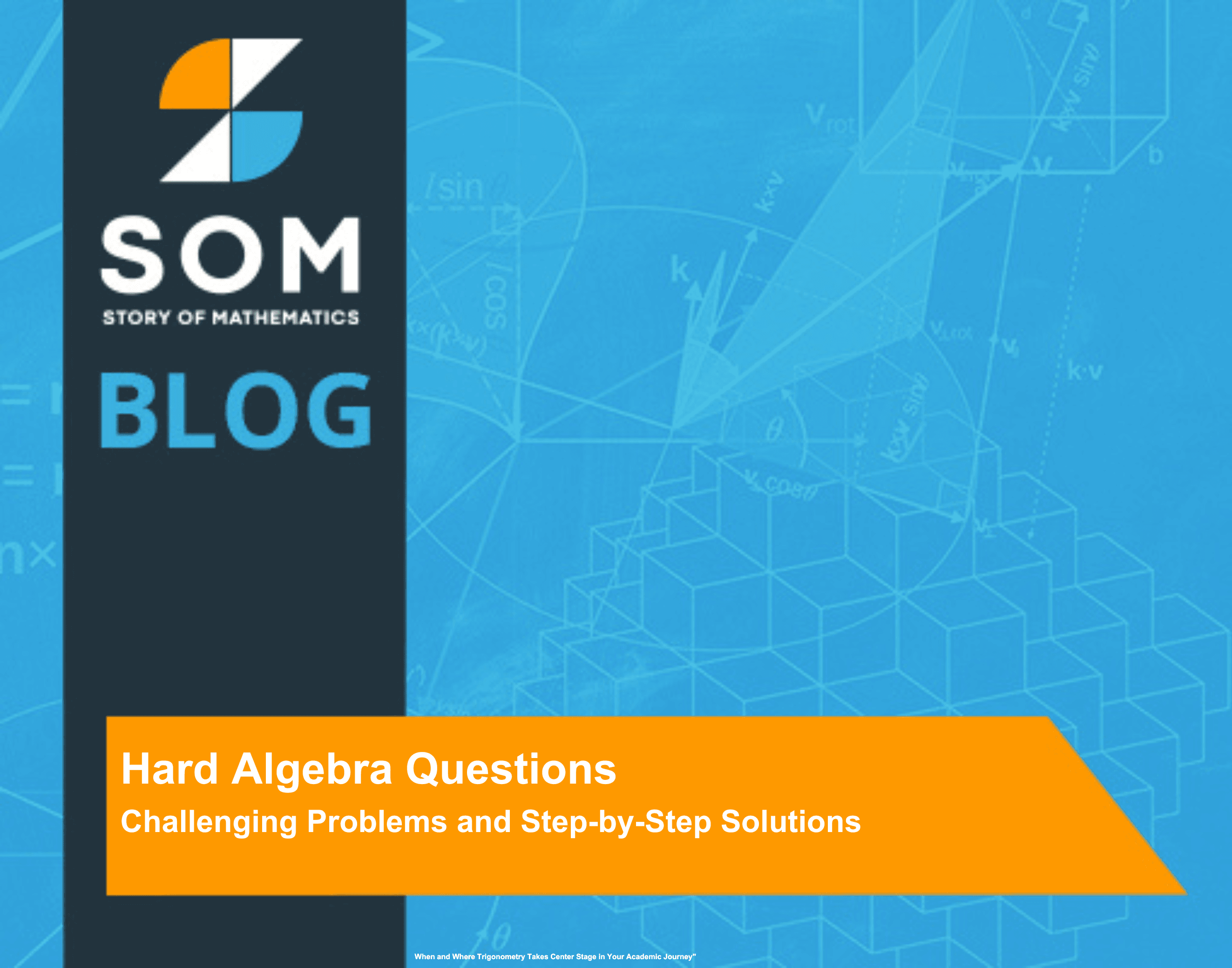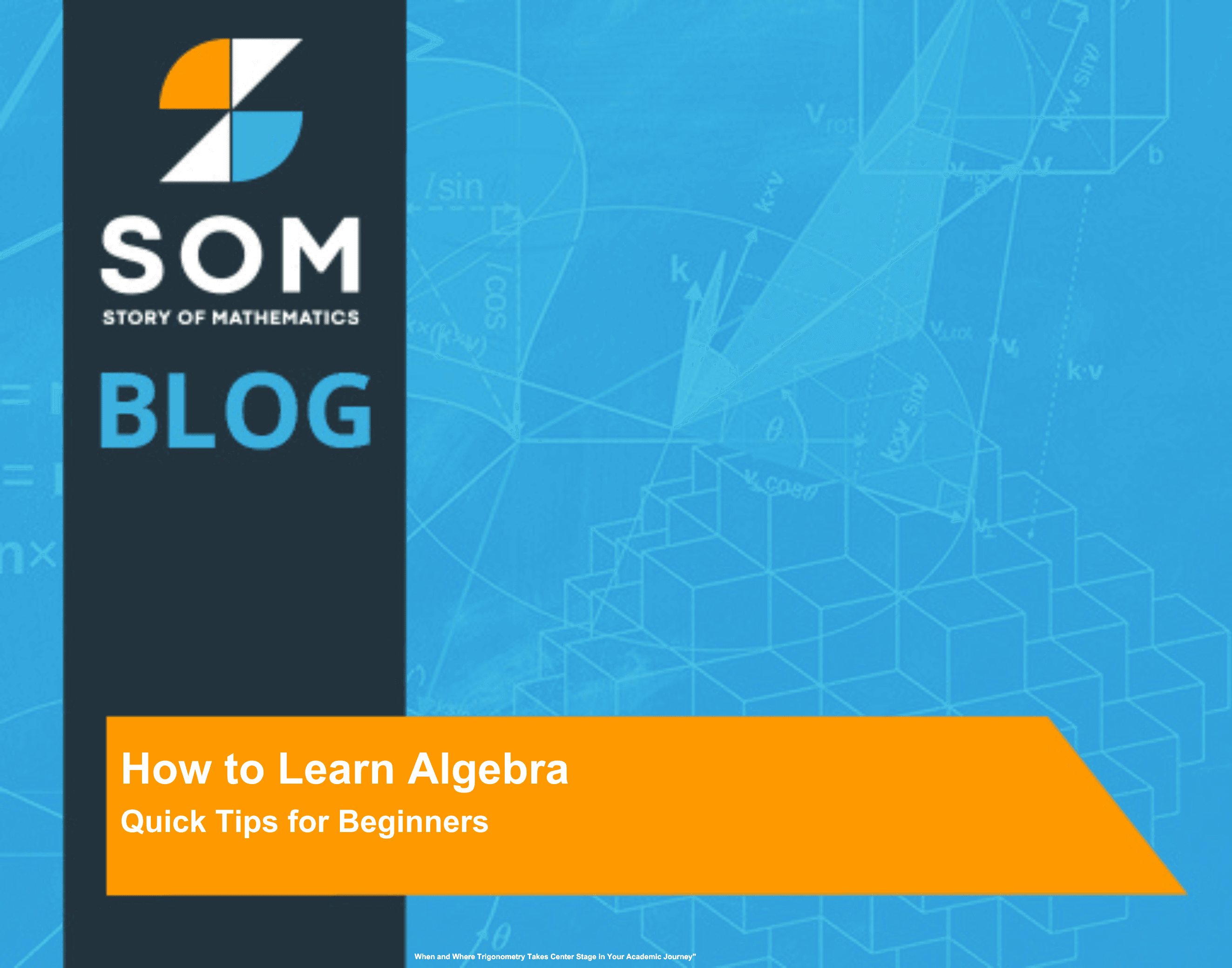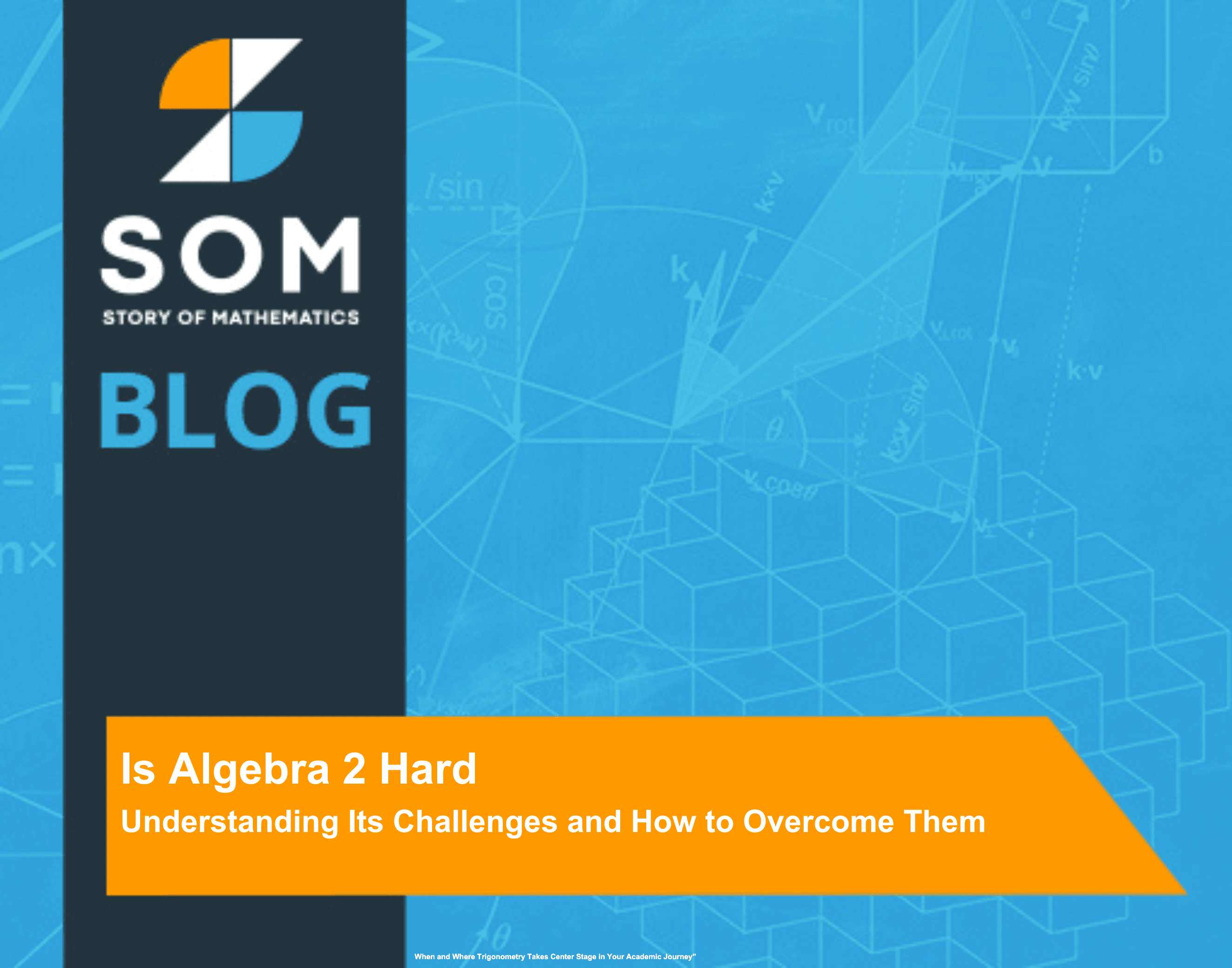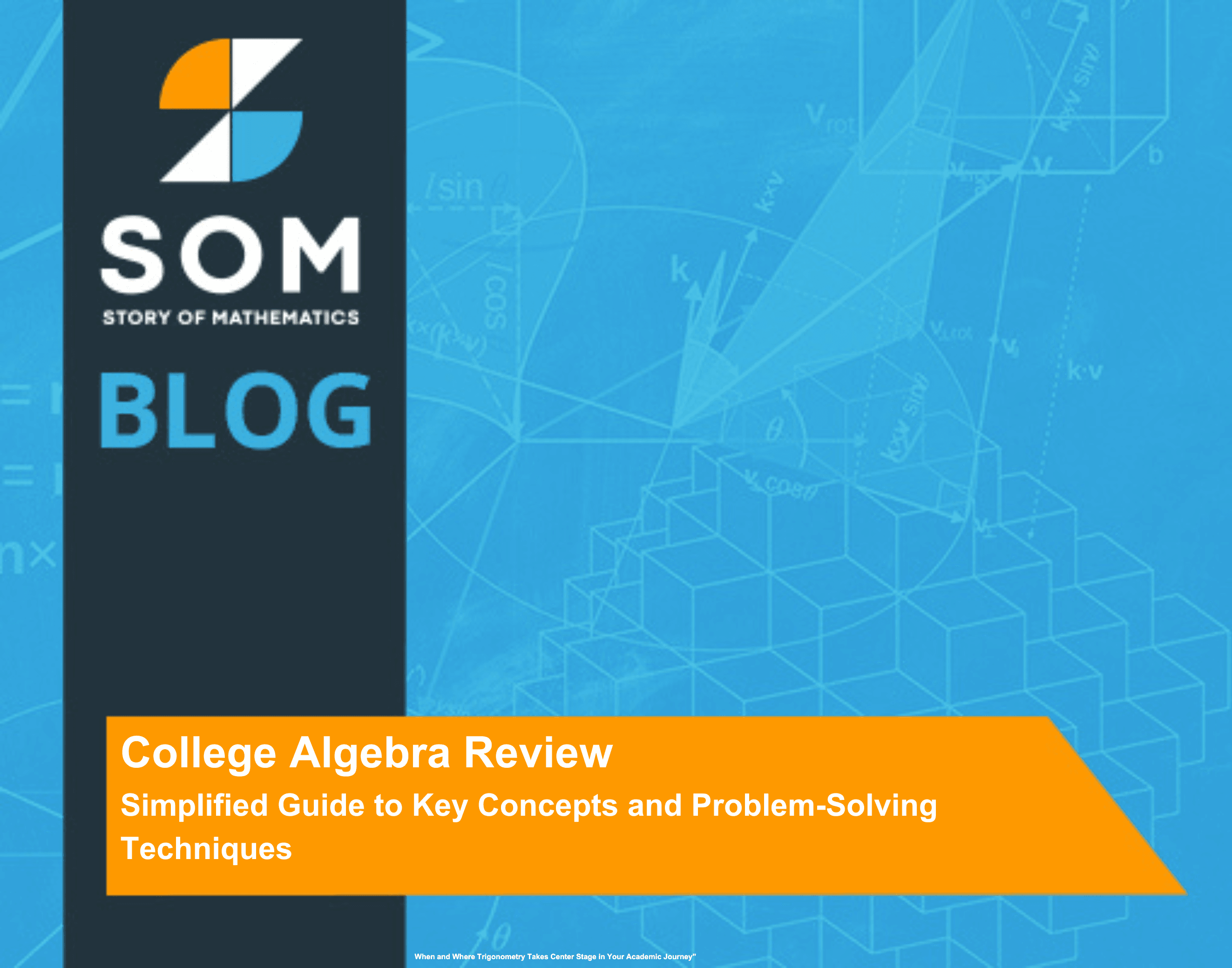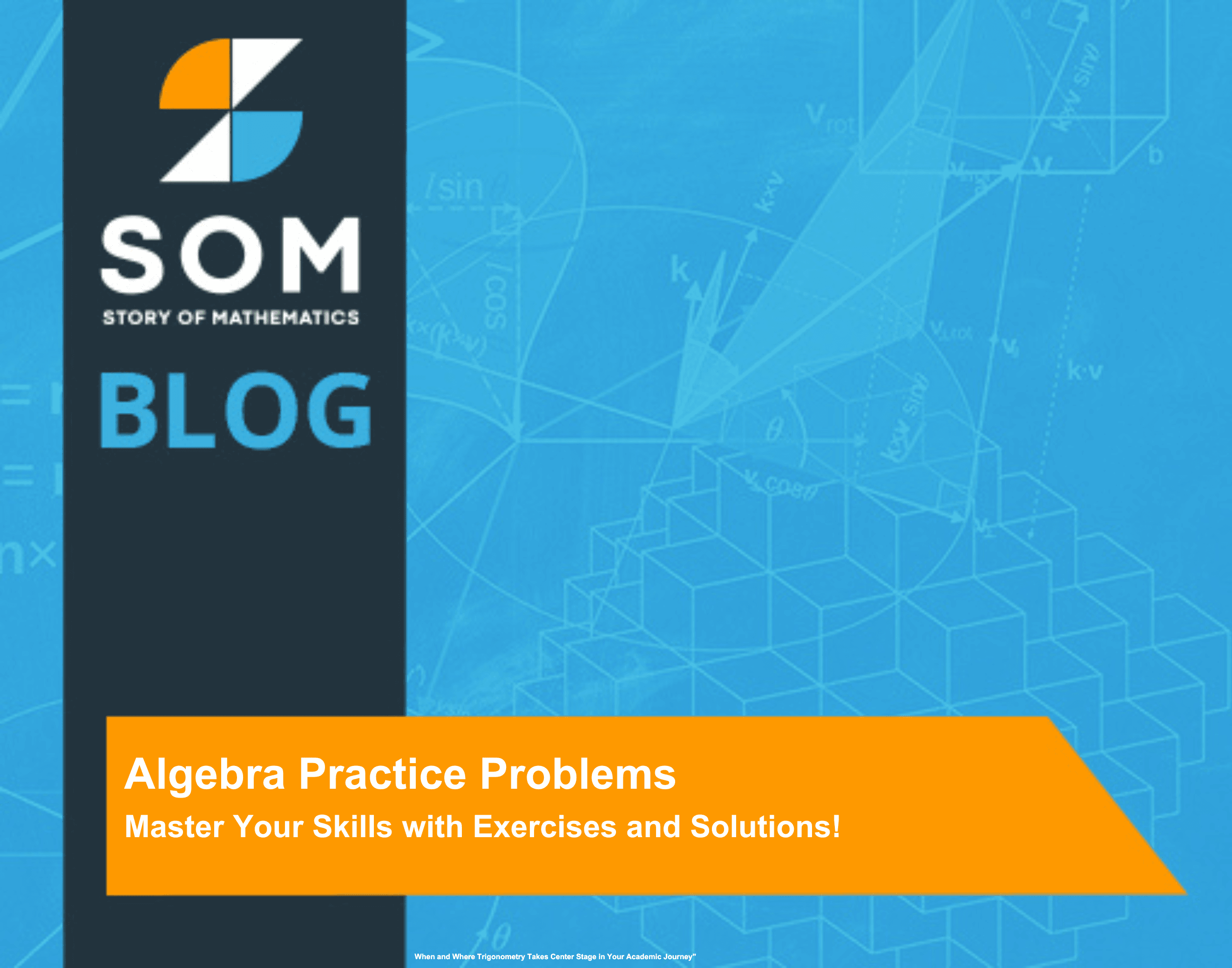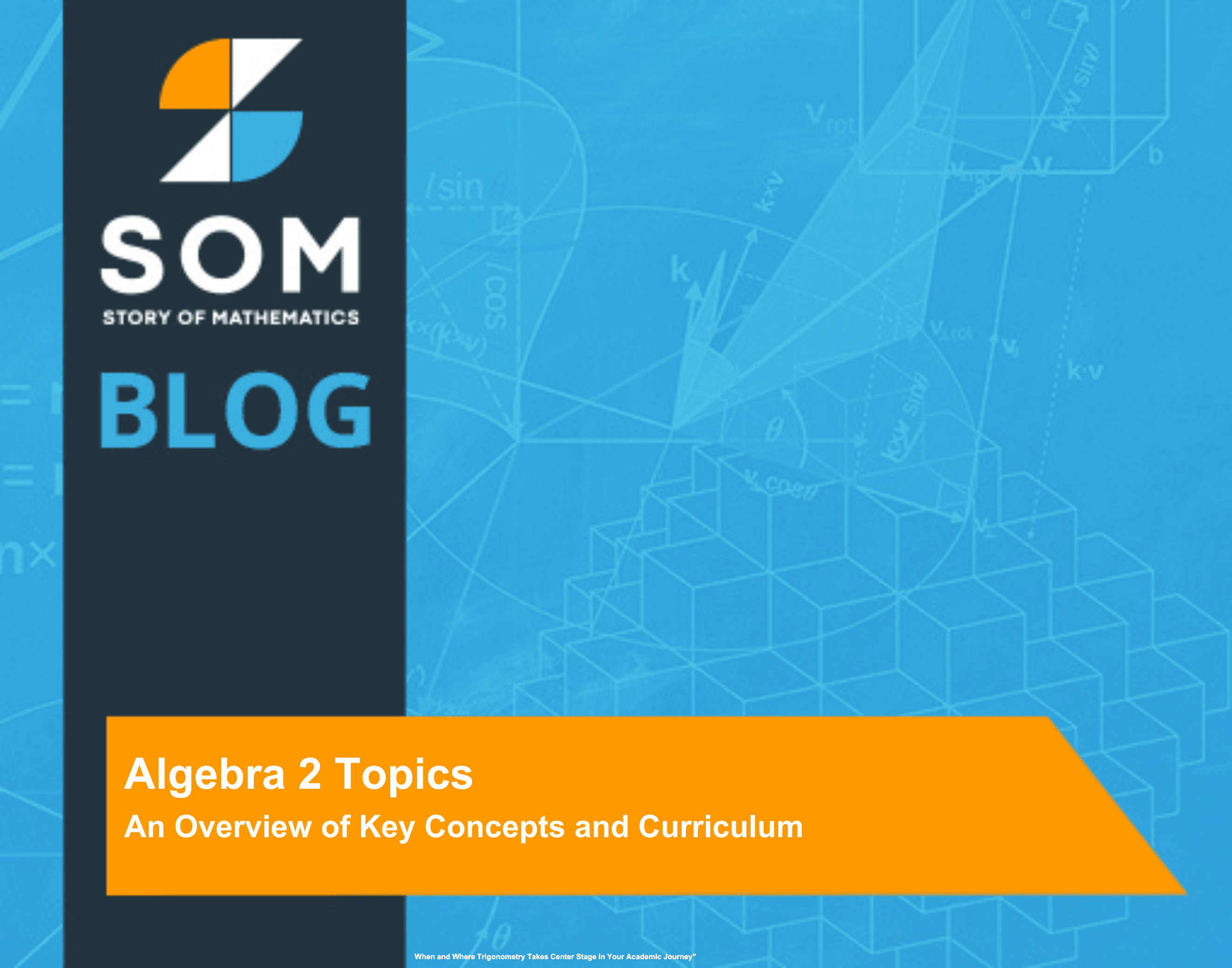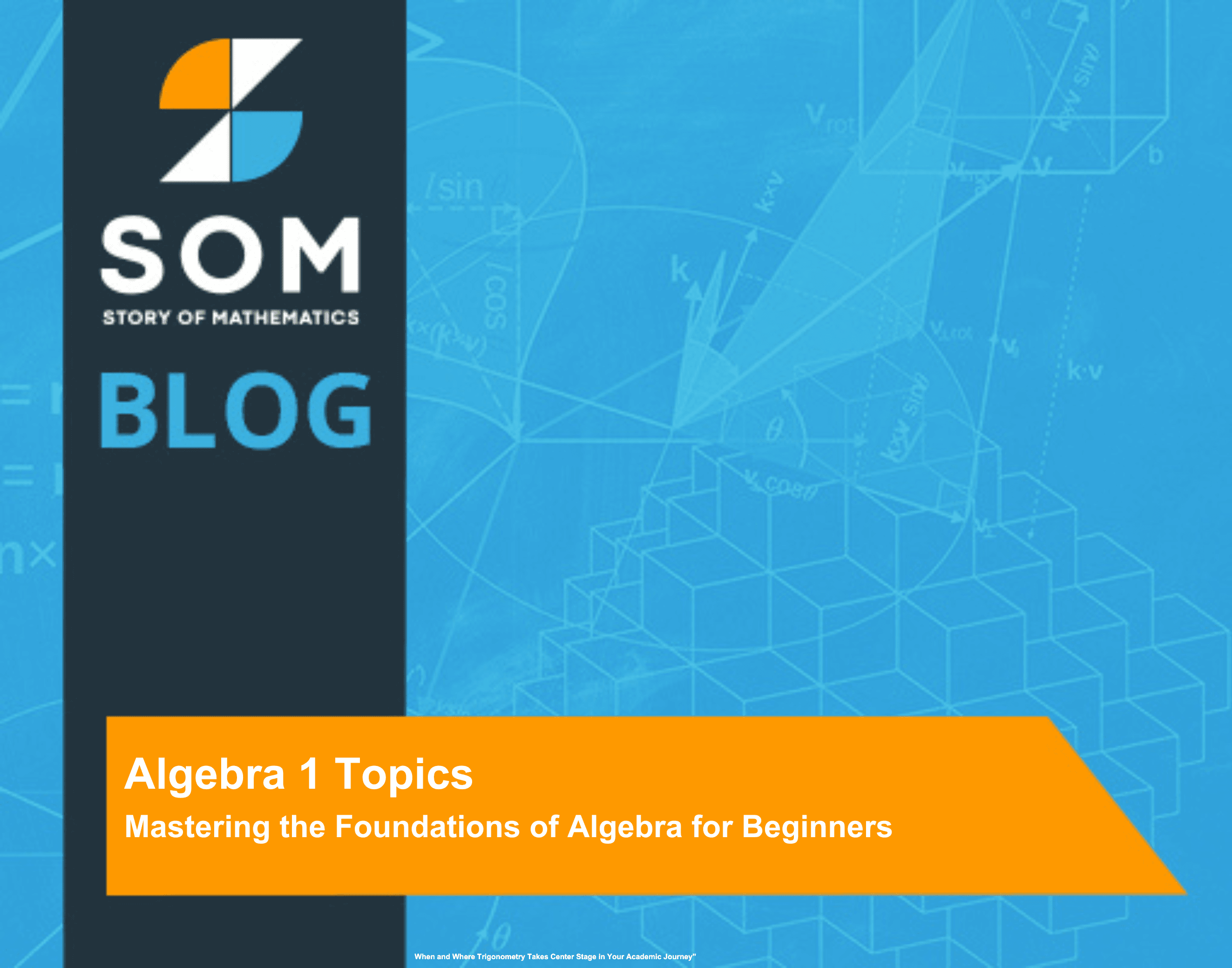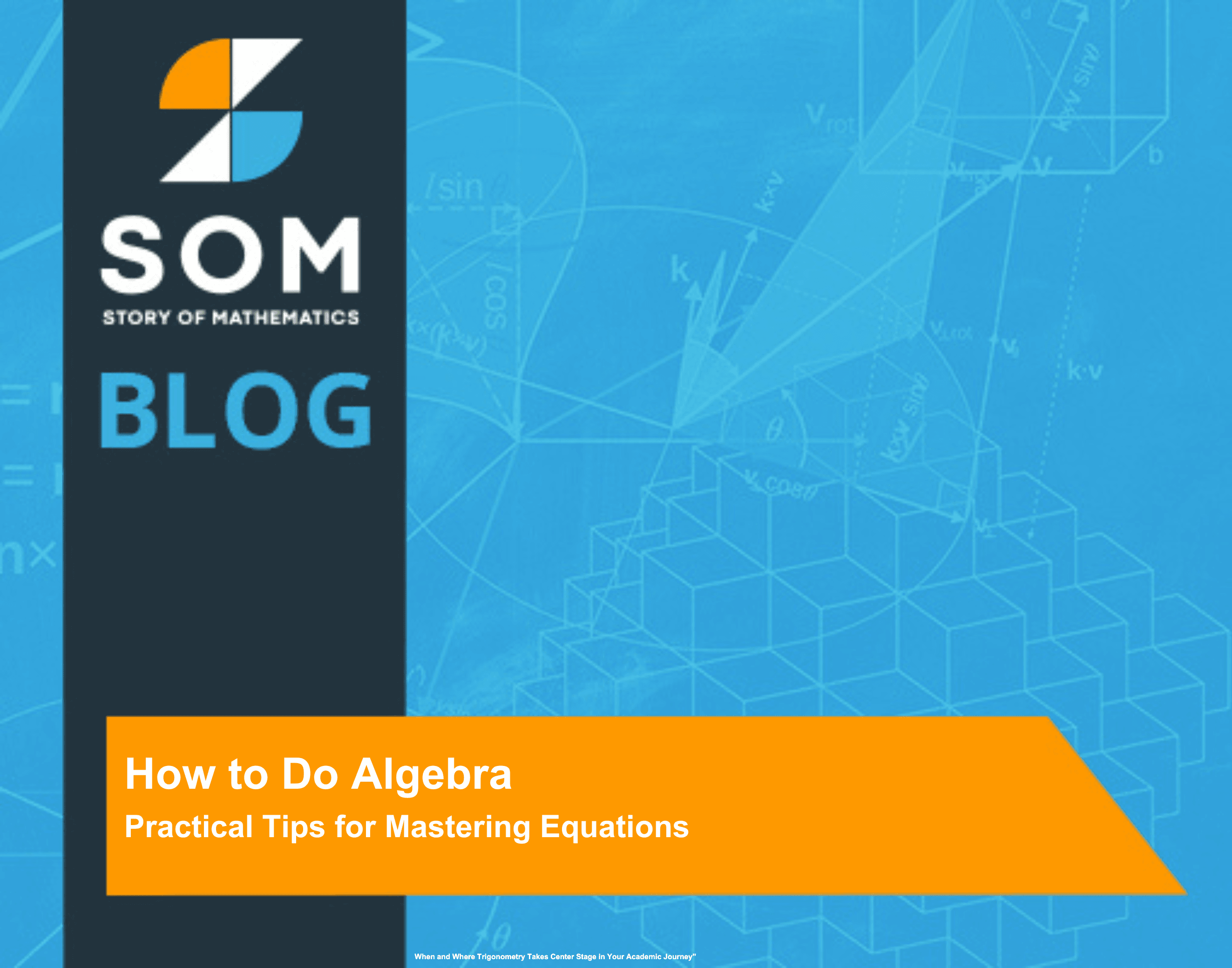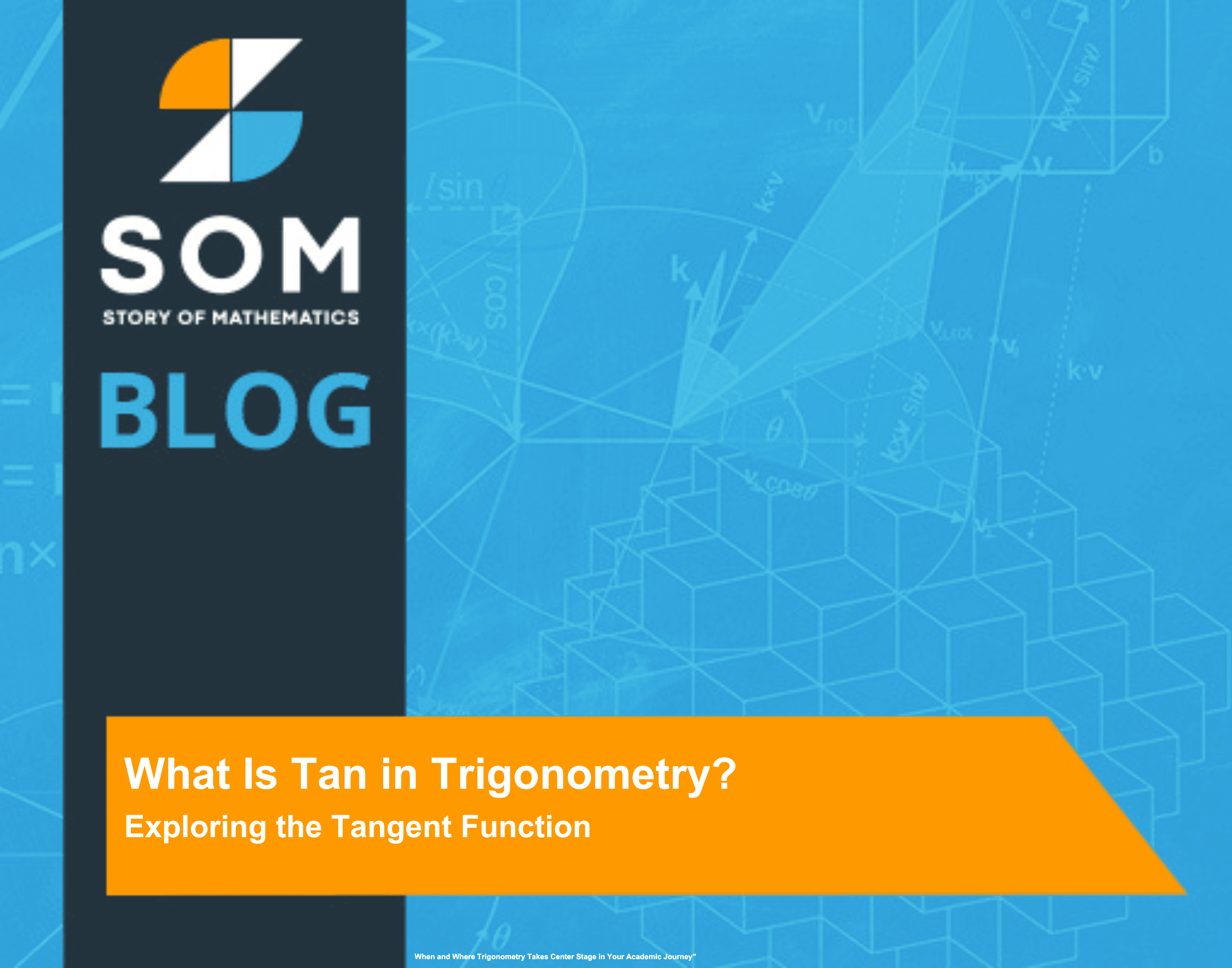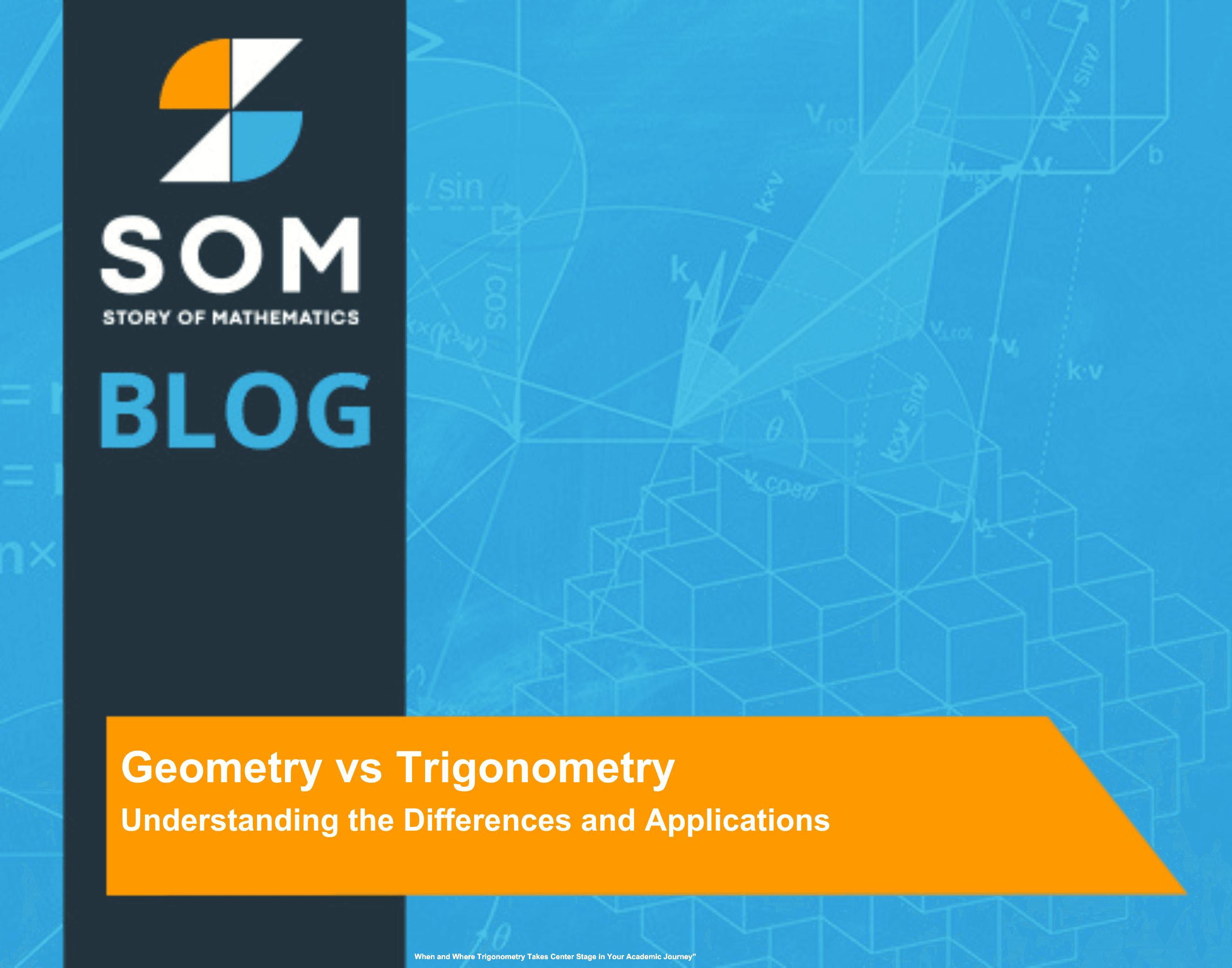Calculus is an essential tool in various high-paying and innovative professions. Often synonymous with advanced mathematics, calculus involves the study of derivative calculus rates of change $frac{dy}{dx}$ and the accumulation of quantities, and its principles are applied in fields ranging from technology and medicine to economics and engineering. Animators, for example, apply calculus to create […]
Category Archives: Blog
There are typically three to four core calculus courses in a standard mathematics curriculum that build upon each other in complexity and application. In most academic institutions, this begins with Calculus I, which introduces the fundamental concepts of differential calculus, involving limits, derivatives, and their applications to real-world problems. Progressing to Calculus II, I encounter […]
Calculus is the mathematical study of continuous change, and within this field, u substitution is a technique for simplifying the process of finding integrals, which are the antiderivatives of functions. Also known as the reverse chain rule, u substitution is advantageous when an integral includes a function and its derivative. In essence, the method involves substituting […]
Yes, a survey of calculus is a course designed to give students an overview of the fundamental concepts of calculus without delving as deeply into technical details as a standard calculus sequence might. In my experience, this class typically includes topics such as derivatives, integrals, and their applications, but it presents them in a way […]
Yes, calculus is often a requirement for a computer science (CS) degree at most universities. In computer science, calculus can provide a deeper understanding of algorithms, machine learning models, and other advanced topics. Many CS programs mandate a sequence of calculus courses to build a strong mathematical foundation, preparing students for the theoretical aspects of […]
In my experience, the difficulty of Calculus I lies not in the complexity of its concepts, but in the application of these concepts to solve real-world problems. It’s the transition from understanding the theory to applying it in practical scenarios that can be quite demanding. To understand Calculus I, I familiarize myself with its foundational […]
The applied calculus and calculus are two branches of mathematics that often get lumped together but have distinct differences and applications. Applied calculus, as its name suggests, is more about applying calculus concepts to real–world problems and tends to simplify the principles to focus on practical application. On the other hand, calculus delves extensively into […]
The pre–calculus and calculus form the cornerstone of higher mathematics, each serving as crucial stepping stones in understanding the language of change and motion. Pre–calculus lays the groundwork with concepts such as functions, slopes, and trigonometry, preparing students for the more complex world of calculus, where the focus shifts to derivatives, integrals, and infinitesimal. I […]
Arithmetic shift and logical shift are essential operations in computer science for manipulating binary data. As I explore these bit-shifting mechanisms, let’s focus on how they fundamentally alter binary numbers. The arithmetic shift preserves the number’s sign by shifting bits left or right while filling in the vacated bit with the sign bit, effectively maintaining […]
The sum of the arithmetic sequence starting with 3, increasing by 6 each time for a total of 36 terms, is a value that can be found using the arithmetic series formula. An arithmetic sequence is an ordered set of numbers where each term after the first is found by adding a constant, known as […]
To find the first term of an arithmetic sequence, you should first understand its definition. An arithmetic sequence is a series of numbers in which the difference between consecutive terms is constant, known as the common difference. If you’re given a term in the sequence other than the first, along with the common difference, you […]
To find the nth term of an arithmetic sequence, first understand that it is a series of numbers with a constant difference between consecutive terms. This difference is known as the common difference, denoted as ( d ). The formula to calculate the nth term $a_n$ of an arithmetic sequence is given by $a_n = […]
An arithmetic sequence is a series of numbers in which the difference between consecutive terms is constant. This difference is referred to as the “common difference,” and it can be positive, negative, or zero. In such a sequence, each term after the first is found by adding the common difference to the previous term. Mathematically, […]
The sum of the first 11 terms of the arithmetic series with the first term $a_1=-12$ and common difference $d=5$ can be determined using the arithmetic series sum formula. In an arithmetic sequence, each term after the first is found by adding the common difference to the preceding term. This characteristic leads to a predictable […]
The common difference in the arithmetic sequence 7, 3, –1, –5, … is –4. In any arithmetic sequence, the common difference is obtained by subtracting a term from the subsequent term. For clarity, if we take the second term, 3, and subtract the first term, 7, we get 3 – 7 = –4. If I […]
An arithmetic sequence is a series where each term increases by a constant amount, known as the common difference. I’ve always been fascinated by how this simple pattern appears in many mathematical problems and real-world situations alike. Understanding this concept is fundamental for students as it not only enhances their problem-solving skills but also introduces […]
To find an arithmetic sequence, I first identify the common difference between consecutive terms. This difference is constant and is denoted by (d). For any given arithmetic sequence, the (n)th term can be calculated using the formula $a_n = a_1 + (n-1)d$, where $a_1$ is the first term and (n) is the term number. Finding […]
Arithmetic and the geometric sequence are fundamental concepts in mathematics, featuring an ordered list of numbers where each term relates to its predecessor through a specific pattern. In an arithmetic sequence, the difference between consecutive terms is constant, such as in the series (5, 11, 17, 23), where each number increases by 6. Contrarily, a […]
To find a common difference in an arithmetic sequence, you should first identify any two consecutive terms in the sequence. The common difference denoted as $d$, is a key feature of an arithmetic sequence—essentially, it’s the constant amount you either add or subtract to any term to get to the next one. For example, if […]
Arithmetic is often seen as the foundation of mathematics, encompassing the basic operations of addition, subtraction, multiplication, and division with numbers. I understand mathematics as an expansive field that builds upon these fundamentals to explore more advanced concepts such as algebra, calculus, and geometry, delving deeper into the relationships between numbers, shapes, and quantities. As […]
Arithmetic and geometric are fundamental mathematical concepts that play a crucial role in various fields, from finance to computer science. When I discuss the arithmetic mean, I’m referring to the average obtained by adding a set of values and dividing the sum by the number of values. On the other hand, the geometric mean is […]
Boolean algebra is a branch of mathematics I find fascinating for its simplicity and power. Originating from the work of George Boole in the mid-19th century, it represents the backbone of modern digital circuit design and logic. Unlike the traditional algebra which deals with real numbers, boolean algebra revolves around binary variables that can only […]
Linear algebra is an essential tool in computer science, facilitating the development and understanding of several cutting-edge technologies. It provides a framework for managing and manipulating multi-dimensional data structures, which is pivotal in areas like graphics, machine learning, and big data analysis. The discipline’s basic concepts like vectors, matrices, and tensor operations form the bedrock […]
Algebra-based physics is a branch of physics that utilizes algebra, the most basic form of mathematics used to solve physics problems. Unlike calculus-based physics, which requires the understanding of more advanced mathematics including calculus concepts, algebra-based physics focuses on the direct application of algebra to understand various physical phenomena. In an algebra-based physics course, I […]
To use algebra in real life, I first grasp the fundamental concepts of variables and equations. Algebra stretches far beyond the walls of my classroom, seamlessly integrating into my daily routines and responsibilities. It’s the silent partner in my budgeting, where balancing expenses becomes a balancing act of numbers. In my career, algebra unlocks a […]
Linear algebra is a foundational field of mathematics that interlinks algebra and geometry. At its core, it involves the study of vectors, vector spaces, linear mappings, and systems of linear equations. The use of matrices is central in linear algebra; they serve as a powerful tool for solving systems of equations and performing various transformations. […]
Pre-algebra is an essential branch of mathematics that serves as the foundation for higher-level courses in mathematics. As a student moves towards high school, the skills and concepts learned in this phase become crucial building blocks for success in algebra and beyond. Pre-algebra encompasses a broad range of topics that include basic arithmetic operations, factors […]
Geometry and algebra are two fundamental branches of mathematics, each with its unique challenges and applications. In geometry, I explore shapes, their properties, and the spatial relationships between them, which often involves a fair amount of visualization and memorization of theorems and formulas. In contrast, algebra is the language of patterns and relationships among numbers, […]
The substitution method in algebra is a powerful tool for solving systems of equations. When I encounter two equations with two unknown variables, I can use this method to solve for both variables by isolating one variable in one equation and then substituting the result into the other equation. For example, if I have the […]
Intermediate algebra is the branch of mathematics that lies between basic algebra and advanced mathematical studies, such as calculus. In my studies, I’ve found that it solidifies and builds upon the foundational algebraic concepts learned in elementary algebra, like solving equations and inequalities. My journey in intermediate algebra introduced me to working with integers, fractions, […]
To factor in algebra, I usually start by identifying the greatest common factor of the terms within an expression. For example, if I come across an expression like $3x^2 + 6x$, I can pull out a $3x$ to get $3x(x + 2)$. Factoring is an essential skill in algebra as it simplifies expressions and solves […]
The algebra 2 is often perceived as a challenging leap from its predecessor, Algebra 1, primarily because it builds on the foundation laid by the first course to introduce more complex mathematical concepts. In Algebra 1, I focused on the basics like solving linear equations, working with inequalities, and grasping the fundamentals of functions. Progressing […]
In algebra, ‘x’ is commonly used as a symbol to represent a variable, which is a value that can change or that is not yet known. I often think of variables as placeholders in mathematical expressions or equations that can be replaced by a number. For example, if we have the equation ( x + […]
Algebra and calculus stand as the twin pillars within the kingdom of mathematics, each with its distinctive methods and profound implications. From my experience, approaching algebra is akin to learning a language—a set of rules and operations to manipulate variables and solve equations. On the other hand, wandering into the territory of calculus means embracing […]
College algebra is an advanced mathematics course that typically follows high school algebra. It plays a crucial role in the comprehension of higher-level math concepts and practical problem-solving. The main topics of college algebra include polynomials, functions, rational expressions, and equations—linear and quadratic. Additionally, it encompasses complex numbers, exponents, inequalities, and graphs, providing students with […]
Linear algebra is a fundamental branch of mathematics that underpins many areas of sciences, engineering, economics, and computer science due to its powerful framework for dealing with vectors and matrices. At its core, linear algebra deals with concepts such as vector spaces, linear transformations, and systems of linear equations, which are critical for understanding and […]
For instance, solving the equation (3x = 7) for (x) helps us understand how to isolate the variable to find its value. I always find it fascinating how algebra serves as the foundation for more advanced topics in mathematics and science. Starting with basic problems such as ( $(x-1)^2 = [4sqrt{(x-4)}]^2$ ) allows us to […]
The Algebra 2 is commonly the final course in the sequence of high school algebra, laying the groundwork for higher-level math classes. In my high school journey, mastering Algebra 2 was a pivotal moment because it signified a readiness to tackle more abstract and complex mathematical concepts. Topics such as linear equations, polynomials, and exponential […]
No, college algebra is not inherently difficult, though it can present challenges to some students. The course serves as a crucial foundation for advanced mathematics and many science degrees, requiring an understanding of essential algebraic concepts. With adequate preparation and a dedication to practice, students generally can overcome the hurdles it poses. For those who […]
Yes, for many students, linear algebra can be perceived as harder than calculus. This sentiment often stems from the fact that linear algebra shifts away from the numerical calculations and computational focus of calculus to a more abstract territory of mathematics. In calculus, I am usually dealing with the concrete processes of differentiation and integration, […]
Algebra is a fundamental branch of mathematics that deals with symbols and the rules for manipulating these symbols. In its most basic form, it is about finding the unknowns or the variables within equations. As a student progresses, the questions in algebra can evolve from simple linear equations to more complex problems involving multiple steps, […]
In algebra, I’m essentially learning a new language that describes relationships between these variables and constants in the form of equations. For example, to solve for x in an equation like ( x + 3 = 7 ), I perform basic arithmetic to isolate x, resulting in ( x = 4 ). I remember that […]
Yes, Algebra 2 can be challenging. It is a significant step up from Algebra 1, introducing students to a range of new and more complex concepts. As part of the high school curriculum, Algebra 2 often requires a solid understanding of previous math courses, as it builds upon that foundation with advanced functions, polynomials, and […]
College algebra is a branch of mathematics that focuses on the principles and techniques necessary to tackle a variety of complex problems in both pure and applied mathematics fields. My review of college algebra topics will explore the foundational elements, including algebra essentials which form the basis for further study in any mathematical-related discipline. This […]
Algebra is a fundamental branch of mathematics that deals with symbols and the rules for manipulating these symbols. It’s a powerful tool that allows us to solve for unknown variables and understand various mathematical relationships. To master algebra, practicing problems and going through their solutions is crucial. It’s a bit like learning to play an […]
The Algebra 2 is an advanced high school mathematics course that builds on the foundation laid by Algebra 1, diving deeper into algebraic concepts. This course often includes the polynomial arithmetic, where students learn to manipulate polynomials through addition, subtraction, and multiplication. A significant focus is also on the study of functions, which encompasses understanding […]
The Algebra 1 is a critical stage in our educational journey, especially during middle school and high school, where we lay down the groundwork for advanced mathematics. This branch of math introduces us to the concept of using letters and symbols to represent numbers in equations and formulas—a fundamental skill that carries through other levels […]
To do algebra, we should first strengthen our foundation in basic arithmetic operations, such as addition, subtraction, multiplication, and division. Understanding these core concepts is crucial because algebra builds upon them, introducing variables that represent numbers. As we begin our journey in algebra, it’s essential to foster confidence along the way, which comes from practice […]
Tan in trigonometry is the ratio of the length of the opposite side to the length of the adjacent side in a right triangle. We see it come into play when we deal with trigonometric functions, which are fundamental in relating the angles of a triangle to the dimensions of its sides. Specifically, in a […]
Geometry and trigonometry are two pivotal branches of mathematics that often interlock in their study of shapes, sizes, and the properties of space. In my exploration of these subjects, I’ve come to appreciate how geometry provides a broad canvas, addressing various figures and spatial relationships, while trigonometry focuses intently on the specific properties of triangles, […]

